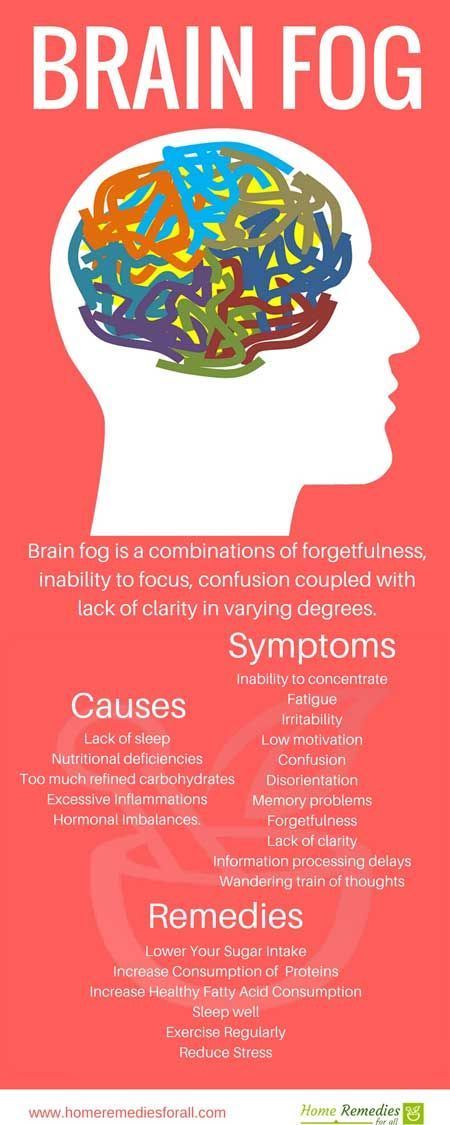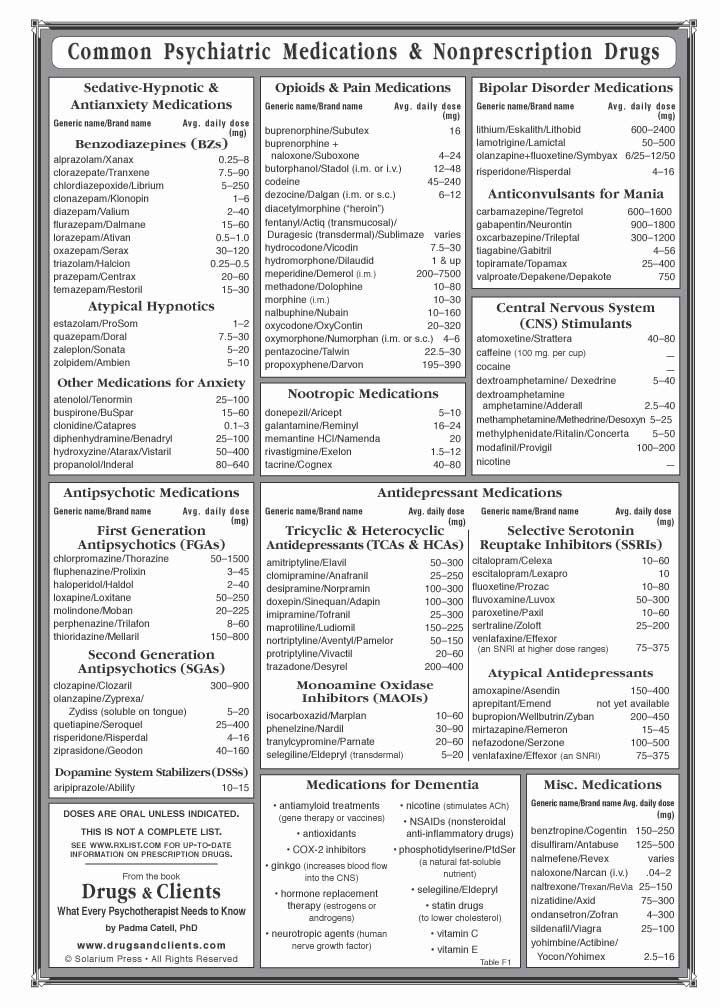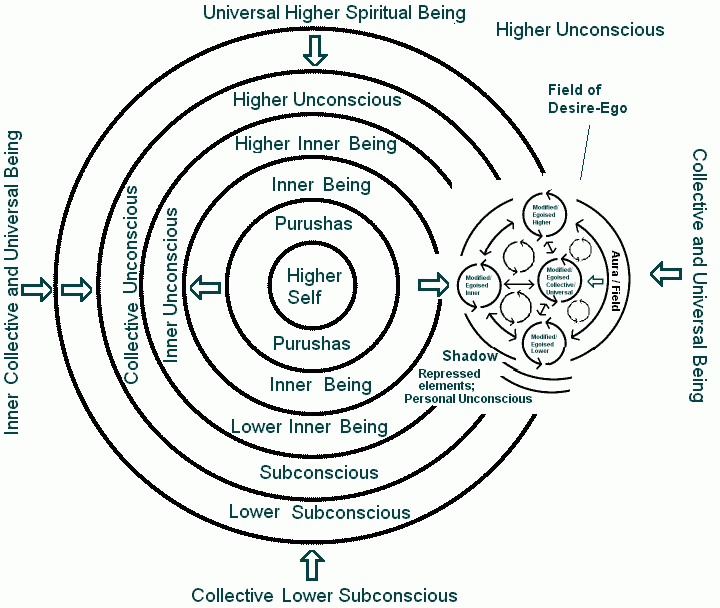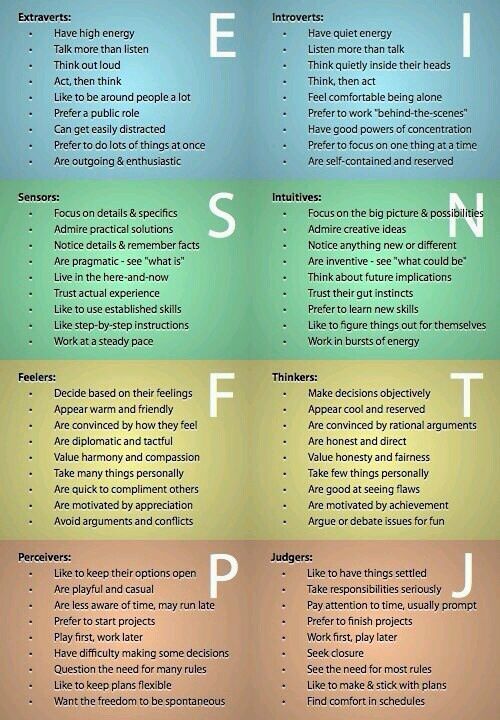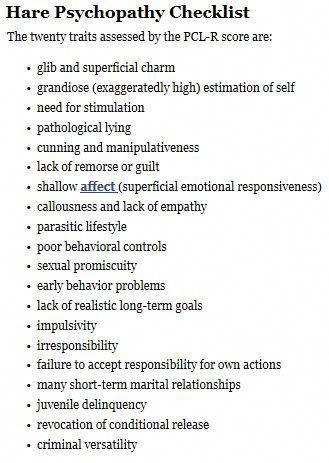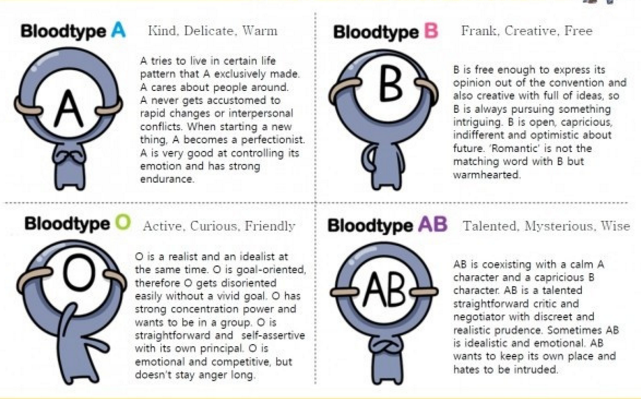Narcissistic victim mentality
Why Do Narcissists Play the Victim?
Narcissists may play the victim if they believe they gain something from making you feel guilty. Their tendency to use manipulation tactics is one of the formal symptoms of narcissistic personality.
Have you ever played the victim? If so, do you remember the emotional need you were trying to fulfill or express while doing so? It’s the same for someone with a narcissistic personality, but they may feel it more often.
It can be challenging for you to think of a person with narcissistic personality disorder (NPD) as the victim or someone who feels like one.
After all, someone with a narcissistic personality is often thought of as a person with a grandiose sense of self and an unlimited need for power.
So, what does it mean when a narcissist plays the victim? Is it on purpose? Is it a manipulation tactic? Do they truly believe they’re being victimized?
Narcissistic personality disorder — often referred to as “narcissism” — is a complex mental health condition and never a personal choice. There are many reasons why a narcissist plays the victim and the type of narcissism they live with may be one.
Research from 2003 suggests that people high in narcissism may see themselves as victims of interpersonal transgressions more often than people not living with the disorder.
In a 2020 qualitative study, relatives of people with narcissistic personalities reported that their loved ones often showed a victim mentality.
Whether narcissists really feel like a victim or just play the victim role to tweak social interactions to their benefit isn’t always clear.
If you’ve ever been in a relationship with someone with narcissistic personality disorder, you may have noticed that they lack both self-awareness and self-reflection.
In general, people with narcissistic personalities have a difficult time being aware of their behaviors and how these affect others. They might not be able to “see it” even when you point it out to them.
This is why they might feel attacked when you contradict them or tell them they’ve done something wrong.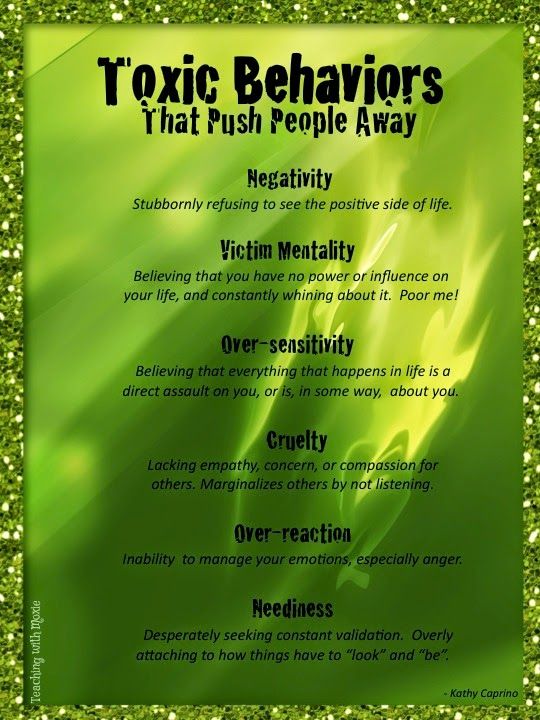 This just doesn’t align with their inflated sense of self.
This just doesn’t align with their inflated sense of self.
This is part of the complexity of narcissistic personality disorder.
The tendency to have low introspection combined with an exaggerated sense of superiority may leave them unable to see the situation in a way that doesn’t fit their worldview.
As a result, they may “play the victim role” in some scenarios.
Why a narcissist plays the victim may be directly connected to some of the symptoms of NPD:
- sense of entitlement
- denial and low insight
- grandiosity
- projection
- need for control
- narcissistic rage
- low empathy
Not everyone who plays the victim has narcissistic personality, though. Not everyone with narcissistic personality plays the victim either.
Here more in-depth information on why narcissists play the victim:
A person with narcissistic personality disorder may have a strong sense of entitlement. This means they might believe they’re inherently worthy of special treatment, recognition, and privileges.
When things don’t go their way, they might react with anger and feel the need to blame others for “messing things up.”
A sense of entitlement might also lead someone with narcissistic personality to think anything they do for you is just the greatest.
If they feel they don’t get enough praise and recognition for this action, they might act like the victim: “I can’t believe you act this way after all I’ve done for you!”
In this instance, a narcissist might go from playing the hero to playing the victim.
Everyone uses defense mechanisms in different circumstances and for different reasons. We’re not usually aware when a defense mechanism is activated but it serves a purpose.
Sometimes, it protects us from remembering painful experiences; other times, it might help us cope with perceived threats to our identity, integrity, and sense of self.
People with narcissistic personality disorder may also use specific defense mechanisms to protect themselves from emotional pain.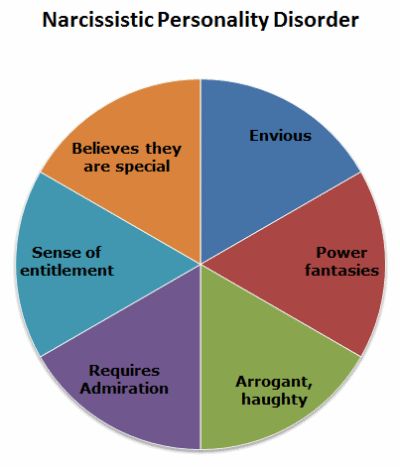
Some people with the disorder live with delusions of grandeur. These are false beliefs about themselves that may make them feel they’re nothing short of a superhero and invincible.
Grandiosity is a similar defense mechanism where someone has a sense of power and self-importance, often not based on actual facts.
A person with narcissistic personality may have developed these beliefs to compensate for painful childhood experiences.
Because of this, self-esteem based on these false beliefs might be what clinicians call fragile. This means it’s likely to change according to external factors.
If someone with either delusions of grandeur or grandiosity faces a situation where they’re not seen as the hero they think they are, they might justify it by saying someone else is trying to harm them.
This “bad guy” versus “victim” train of thought may work to soothe their distress.
For example, they might believe they’re the smartest and ablest member of the team.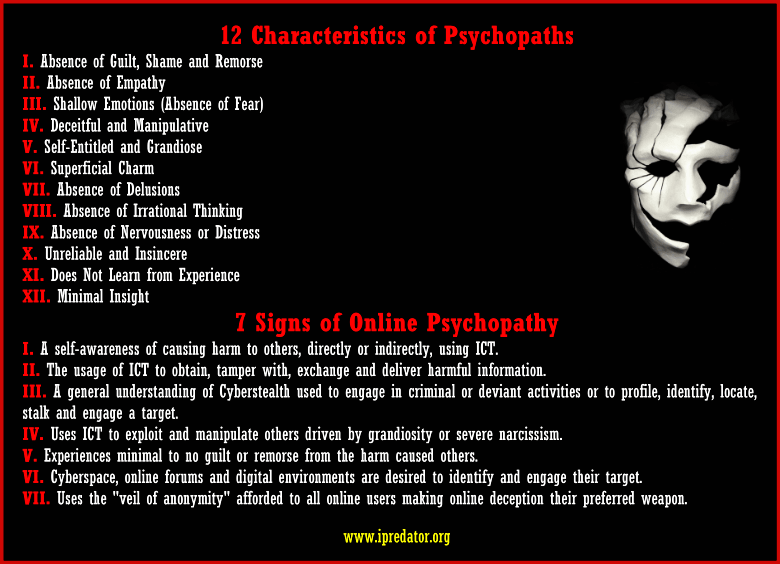 But if someone else gets the raise or promotion they believe they deserve more, they might explain it as jealousy from the boss.
But if someone else gets the raise or promotion they believe they deserve more, they might explain it as jealousy from the boss.
“They’re just nervous I’ll eventually get promoted to their position, so they’d rather sabotage me and help someone else instead.”
Another common defense mechanism in narcissism is projection. This is when someone unconsciously “projects” their own feelings or reality onto another person. “It’s not me — it’s them.”
For example, you might feel threatened in some way by a co-worker, but you perceive the situation as them being jealous of you.
Projection isn’t something you fake or pretend. You really believe it. And in this case, projection may sometimes explain why narcissists play the victim.
For example, if someone with NPD is highly competitive to the point of sabotaging someone else to get ahead, they might believe it’s the other person who’s trying to sabotage them.
For them, a difference of opinion expressed during a work meeting with the boss might be interpreted as a co-worker’s attempt to hurt them.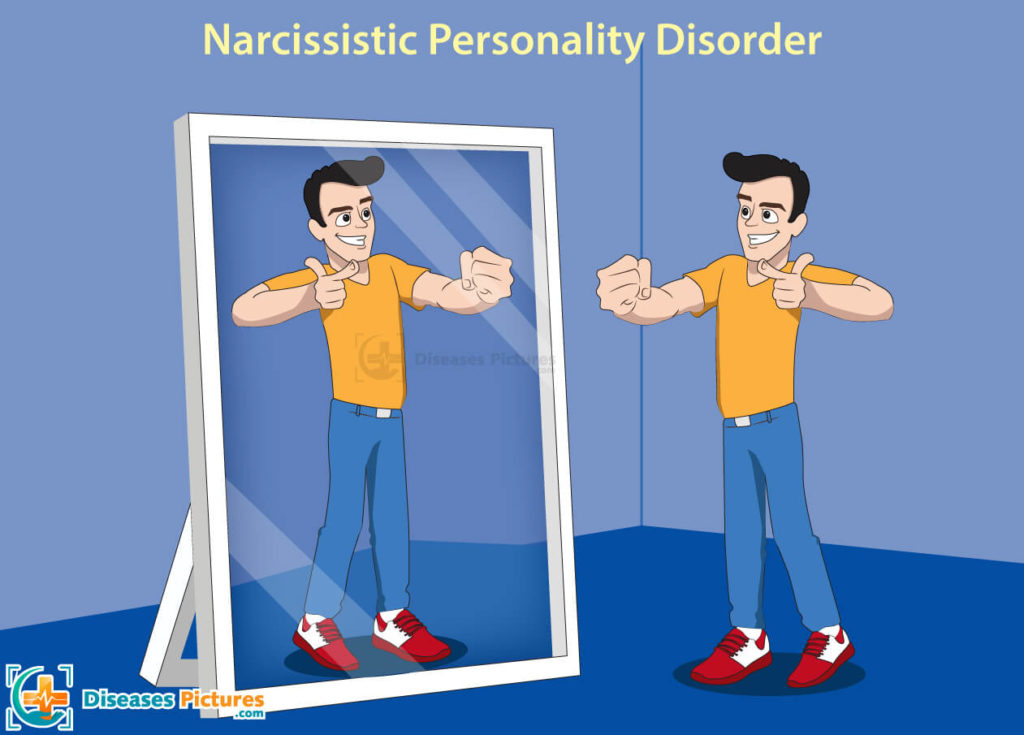 In that scenario, they may believe they’re the victim of someone else’s bad intentions.
In that scenario, they may believe they’re the victim of someone else’s bad intentions.
Some people with narcissistic personality disorder have a high need to have control, and sometimes, playing the victim can serve this purpose.
If you’re having an argument with someone who’s feeling attacked, you’re likely to back off and soften your stance.
You might also be more flexible about some things if the other person is saying you’re not being fair or kind to them.
If someone with narcissistic personality plays the victim, they might have developed this manipulation tactic to protect themselves and retain control whenever other avenues fail them.
It’s also probable — according to 2014 research — that emotionally intelligent people with NPD know how to better regulate their emotions and read other people’s. This would make it easier for them to play a role (like the victim) that they know might “get to you.” In some instances, these people are called dark empaths.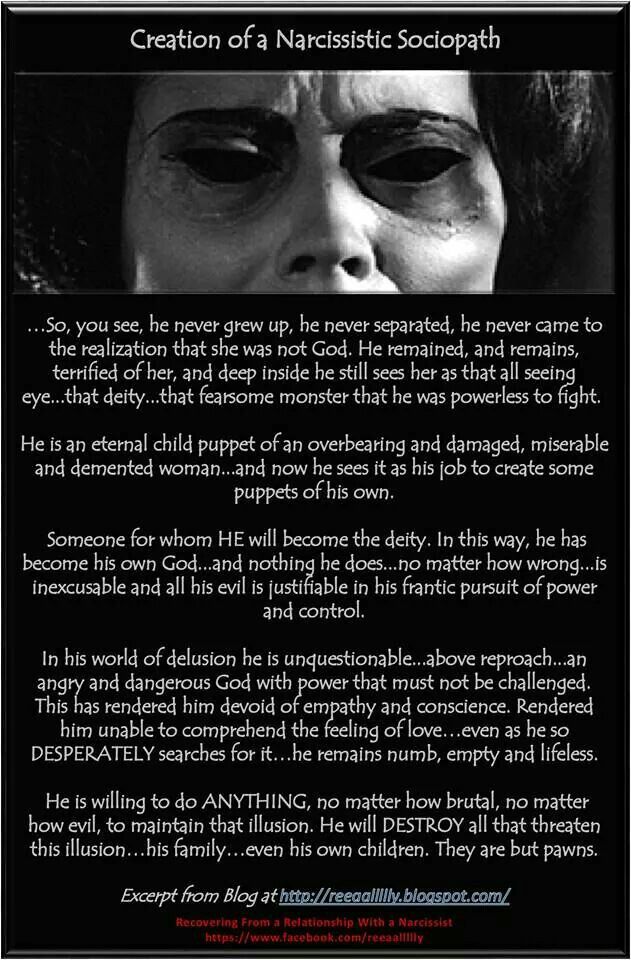
It can sometimes be difficult for people with narcissistic personality disorder to take criticism or rejection. This might make them react in several ways — one of them is rage.
In this case, experts refer to it as narcissistic rage or narcissistic collapse.
One aspect of rage is feeling like the victim of someone else’s attacks. “I’m enraged because you attacked me.”
Another aspect is that even when a narcissist doesn’t feel like somebody else’s victim, they may realize that playing this part may make others back off and take back what enraged them in the first place.
In other words, if you feel someone’s doing something you don’t like, and that makes you mad, playing the victim can make the other person change their ways.
Every person will respond differently.
Some narcissistic people may attack you or treat you in a vindictive way whenever they feel rage, while others play the victim instead.
Guilt is a human emotion that tends to keep us in check.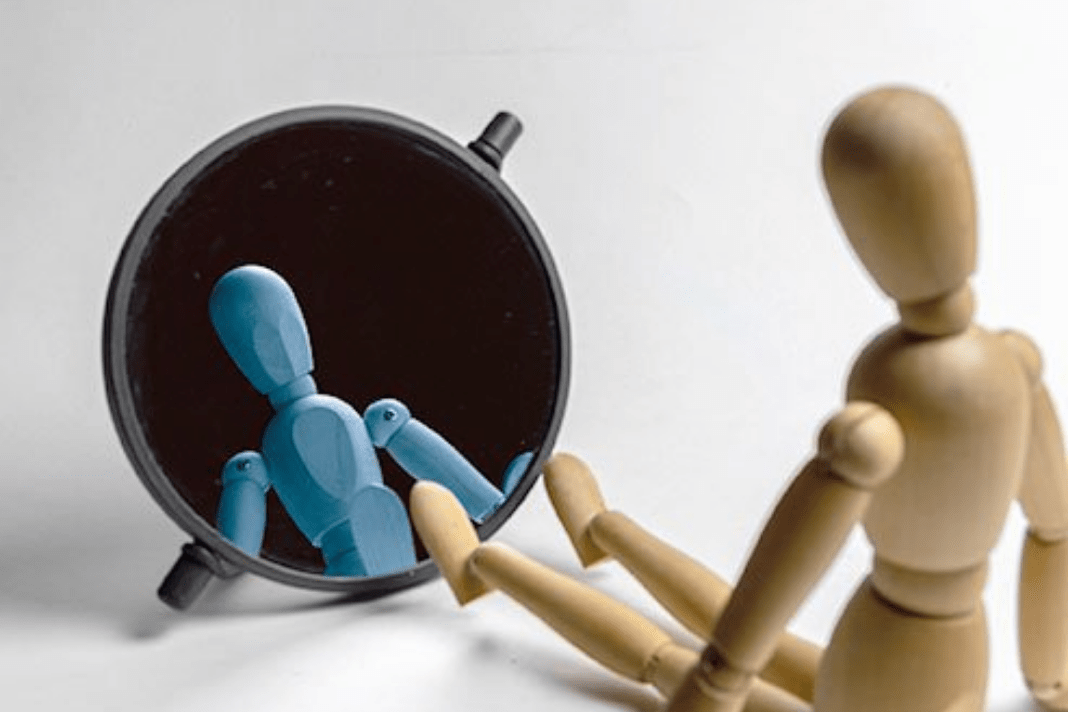 When balanced, guilt may act as a deterrent for antisocial behavior.
When balanced, guilt may act as a deterrent for antisocial behavior.
Research suggests that some people with both vulnerable and grandiose narcissism may not experience guilt in some situations. This might make them more likely to use manipulation tactics to get what they need.
Low empathy also makes it difficult for someone with NPD to understand where you’re coming from. This might lead them to believe you’re attacking them.
For example, if you’re expressing how hurt you feel for something they’ve done, they might not see it your way. They might not understand why that behavior would hurt you. For them, you could be complaining and treating them unfairly.
In that scenario, they may think of themselves as the victim, even if you’re just saying you’re hurt or upset.
Low empathy might also lead them to use psychological games — like playing the victim — to get what they want, even if you get hurt.
Even if you understand that narcissistic personality disorder is a complex mental health condition and not a personal choice, it can feel overwhelming to have someone frequently feeling or acting like a victim.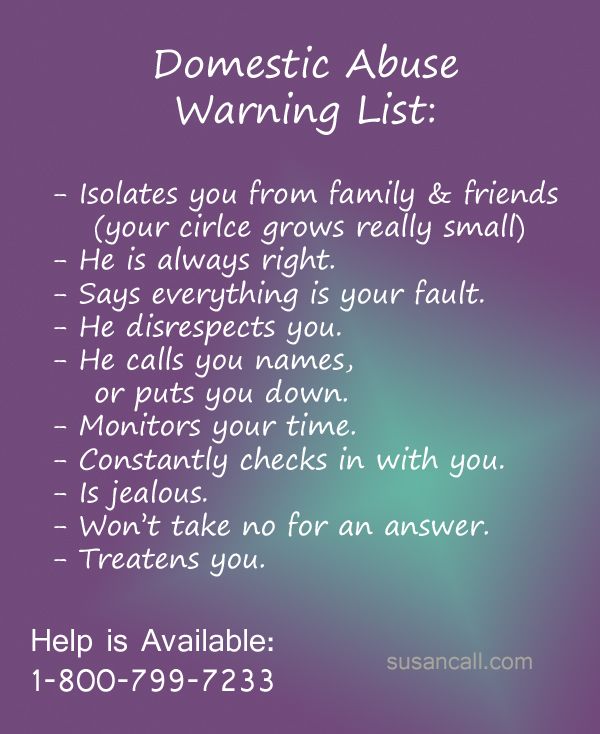
You might hope they change or grow out of it. You may even try to convince them to change their ways.
While this might work with someone without the condition who plays the victim, it won’t likely work for someone with NPD.
Some narcissistic people do develop new social skills with the help of a mental health professional. However, it can often be challenging for them to stay in therapy.
In the meantime, learning to recognize games they might play, and setting clear boundaries can help you cope.
Here are a few tips to consider if a narcissist is playing the victim:
- Try not to take it personally. This is never easy, but with practice you can do it.
- Don’t take the bait. If possible, walk away every time they treat you like the bad guy.
- Don’t internalize it. They might say a few hurtful things when they’re playing the victim, but those words don’t define you.
- Don’t idealize them.
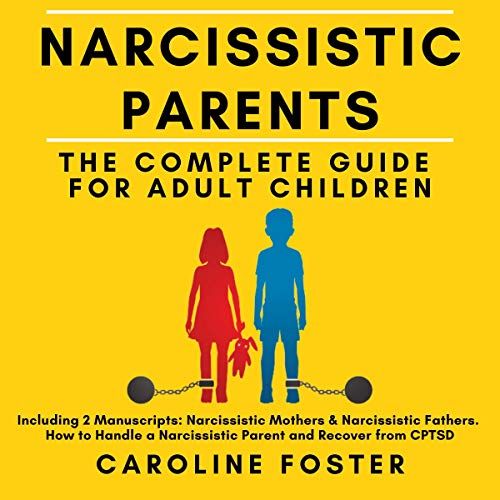 It’s natural to second-guess yourself and consider if you’re really mistreating them. Trust their actions more than their words.
It’s natural to second-guess yourself and consider if you’re really mistreating them. Trust their actions more than their words. - Don’t engage. It’s not uncommon to react in the same way someone is treating you. However, avoid the need to play the victim with them, even if they really aren’t being fair to you.
Why a narcissist plays the victim depends on the situation and the type of narcissism they live with.
Playing the victim or feeling like a victim may stem from lower self-esteem, low empathy, or a need for control.
In every case, because NPD is a mental health condition, this behavior is linked to the symptoms that define the disorder and not to a personal choice.
Understanding this may be a first step toward coping with this behavior. In other instances, it might be necessary for you to set clear boundaries or walk away from the relationship.
Why Do Narcissists Play the Victim?
Narcissists may play the victim if they believe they gain something from making you feel guilty.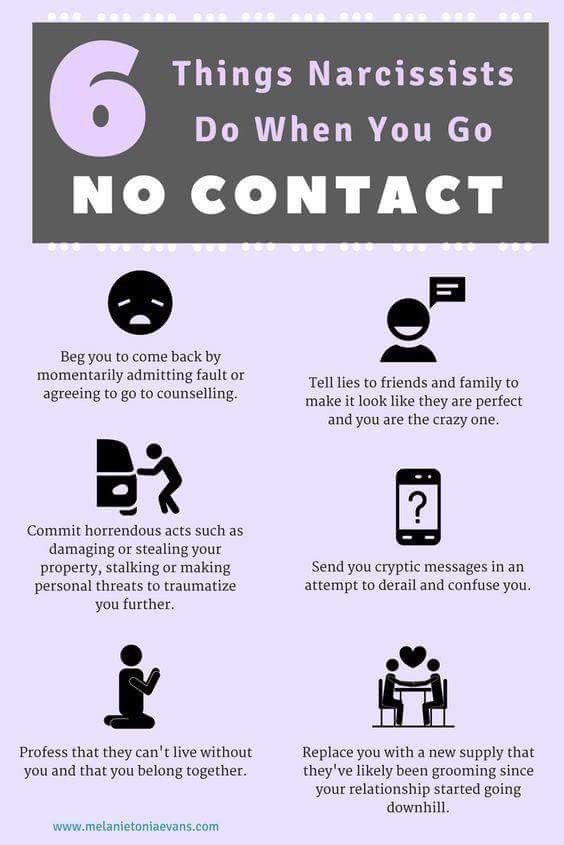 Their tendency to use manipulation tactics is one of the formal symptoms of narcissistic personality.
Their tendency to use manipulation tactics is one of the formal symptoms of narcissistic personality.
Have you ever played the victim? If so, do you remember the emotional need you were trying to fulfill or express while doing so? It’s the same for someone with a narcissistic personality, but they may feel it more often.
It can be challenging for you to think of a person with narcissistic personality disorder (NPD) as the victim or someone who feels like one.
After all, someone with a narcissistic personality is often thought of as a person with a grandiose sense of self and an unlimited need for power.
So, what does it mean when a narcissist plays the victim? Is it on purpose? Is it a manipulation tactic? Do they truly believe they’re being victimized?
Narcissistic personality disorder — often referred to as “narcissism” — is a complex mental health condition and never a personal choice. There are many reasons why a narcissist plays the victim and the type of narcissism they live with may be one.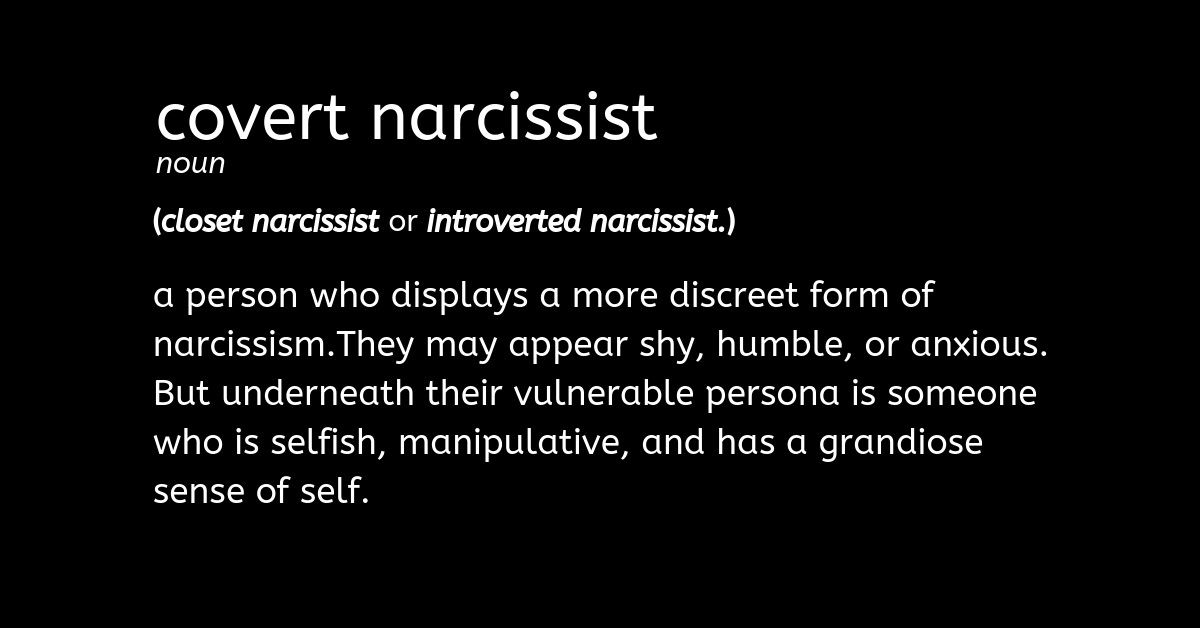
Research from 2003 suggests that people high in narcissism may see themselves as victims of interpersonal transgressions more often than people not living with the disorder.
In a 2020 qualitative study, relatives of people with narcissistic personalities reported that their loved ones often showed a victim mentality.
Whether narcissists really feel like a victim or just play the victim role to tweak social interactions to their benefit isn’t always clear.
If you’ve ever been in a relationship with someone with narcissistic personality disorder, you may have noticed that they lack both self-awareness and self-reflection.
In general, people with narcissistic personalities have a difficult time being aware of their behaviors and how these affect others. They might not be able to “see it” even when you point it out to them.
This is why they might feel attacked when you contradict them or tell them they’ve done something wrong. This just doesn’t align with their inflated sense of self.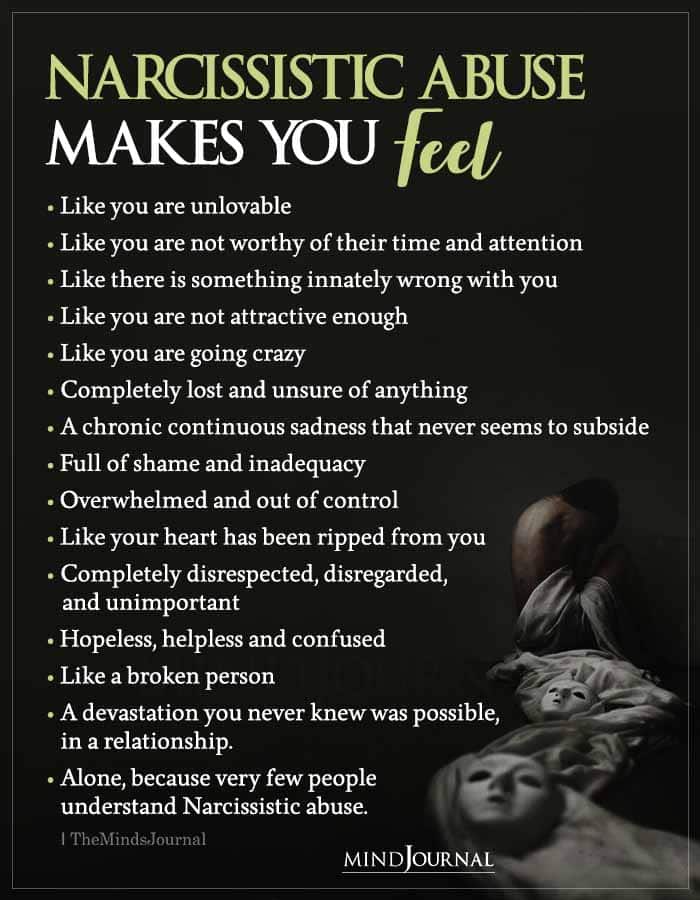
This is part of the complexity of narcissistic personality disorder.
The tendency to have low introspection combined with an exaggerated sense of superiority may leave them unable to see the situation in a way that doesn’t fit their worldview.
As a result, they may “play the victim role” in some scenarios.
Why a narcissist plays the victim may be directly connected to some of the symptoms of NPD:
- sense of entitlement
- denial and low insight
- grandiosity
- projection
- need for control
- narcissistic rage
- low empathy
Not everyone who plays the victim has narcissistic personality, though. Not everyone with narcissistic personality plays the victim either.
Here more in-depth information on why narcissists play the victim:
A person with narcissistic personality disorder may have a strong sense of entitlement. This means they might believe they’re inherently worthy of special treatment, recognition, and privileges.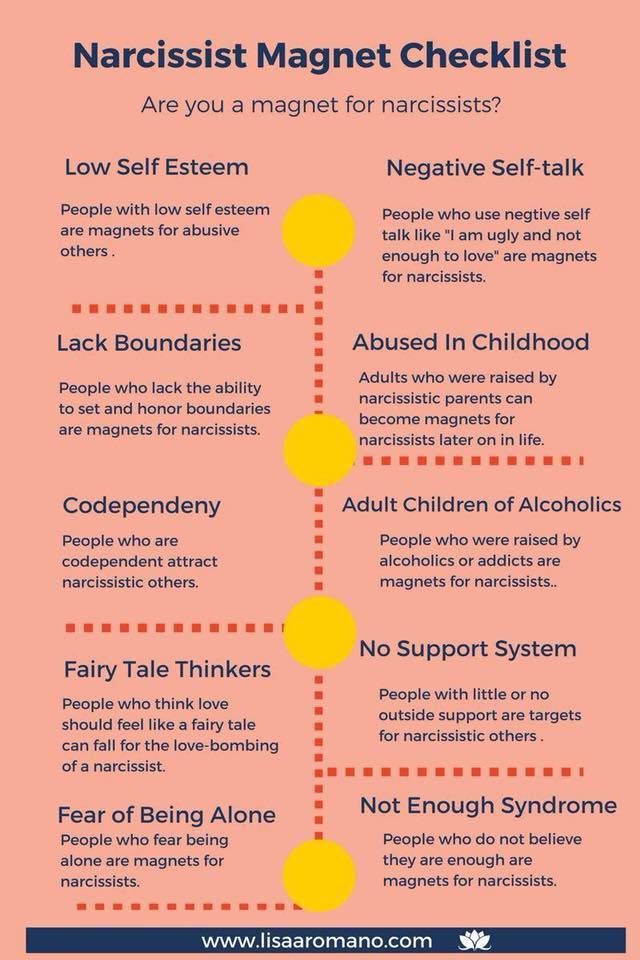
When things don’t go their way, they might react with anger and feel the need to blame others for “messing things up.”
A sense of entitlement might also lead someone with narcissistic personality to think anything they do for you is just the greatest.
If they feel they don’t get enough praise and recognition for this action, they might act like the victim: “I can’t believe you act this way after all I’ve done for you!”
In this instance, a narcissist might go from playing the hero to playing the victim.
Everyone uses defense mechanisms in different circumstances and for different reasons. We’re not usually aware when a defense mechanism is activated but it serves a purpose.
Sometimes, it protects us from remembering painful experiences; other times, it might help us cope with perceived threats to our identity, integrity, and sense of self.
People with narcissistic personality disorder may also use specific defense mechanisms to protect themselves from emotional pain.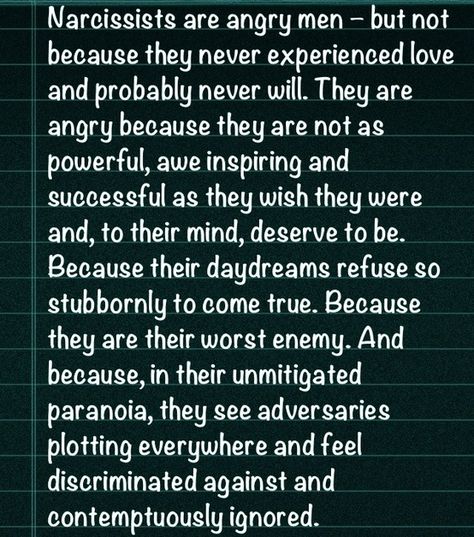
Some people with the disorder live with delusions of grandeur. These are false beliefs about themselves that may make them feel they’re nothing short of a superhero and invincible.
Grandiosity is a similar defense mechanism where someone has a sense of power and self-importance, often not based on actual facts.
A person with narcissistic personality may have developed these beliefs to compensate for painful childhood experiences.
Because of this, self-esteem based on these false beliefs might be what clinicians call fragile. This means it’s likely to change according to external factors.
If someone with either delusions of grandeur or grandiosity faces a situation where they’re not seen as the hero they think they are, they might justify it by saying someone else is trying to harm them.
This “bad guy” versus “victim” train of thought may work to soothe their distress.
For example, they might believe they’re the smartest and ablest member of the team.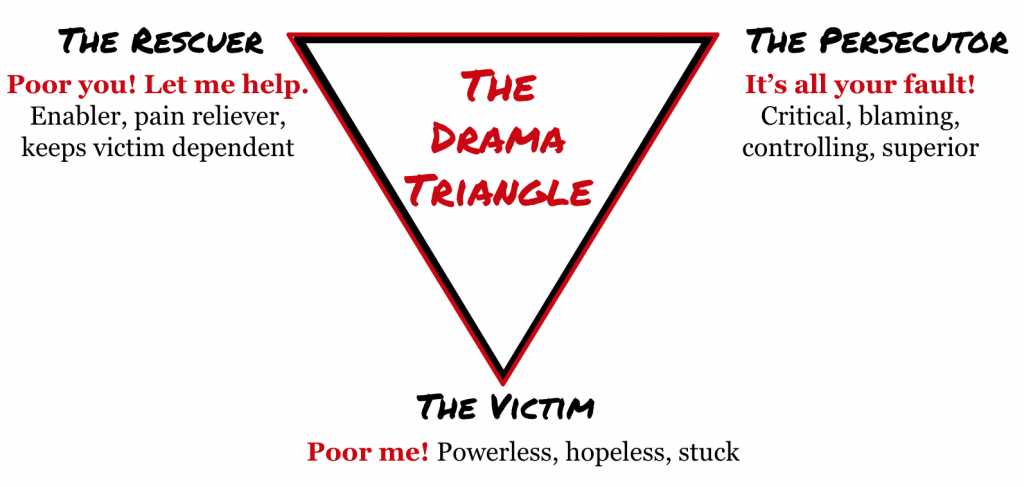 But if someone else gets the raise or promotion they believe they deserve more, they might explain it as jealousy from the boss.
But if someone else gets the raise or promotion they believe they deserve more, they might explain it as jealousy from the boss.
“They’re just nervous I’ll eventually get promoted to their position, so they’d rather sabotage me and help someone else instead.”
Another common defense mechanism in narcissism is projection. This is when someone unconsciously “projects” their own feelings or reality onto another person. “It’s not me — it’s them.”
For example, you might feel threatened in some way by a co-worker, but you perceive the situation as them being jealous of you.
Projection isn’t something you fake or pretend. You really believe it. And in this case, projection may sometimes explain why narcissists play the victim.
For example, if someone with NPD is highly competitive to the point of sabotaging someone else to get ahead, they might believe it’s the other person who’s trying to sabotage them.
For them, a difference of opinion expressed during a work meeting with the boss might be interpreted as a co-worker’s attempt to hurt them. In that scenario, they may believe they’re the victim of someone else’s bad intentions.
In that scenario, they may believe they’re the victim of someone else’s bad intentions.
Some people with narcissistic personality disorder have a high need to have control, and sometimes, playing the victim can serve this purpose.
If you’re having an argument with someone who’s feeling attacked, you’re likely to back off and soften your stance.
You might also be more flexible about some things if the other person is saying you’re not being fair or kind to them.
If someone with narcissistic personality plays the victim, they might have developed this manipulation tactic to protect themselves and retain control whenever other avenues fail them.
It’s also probable — according to 2014 research — that emotionally intelligent people with NPD know how to better regulate their emotions and read other people’s. This would make it easier for them to play a role (like the victim) that they know might “get to you.” In some instances, these people are called dark empaths.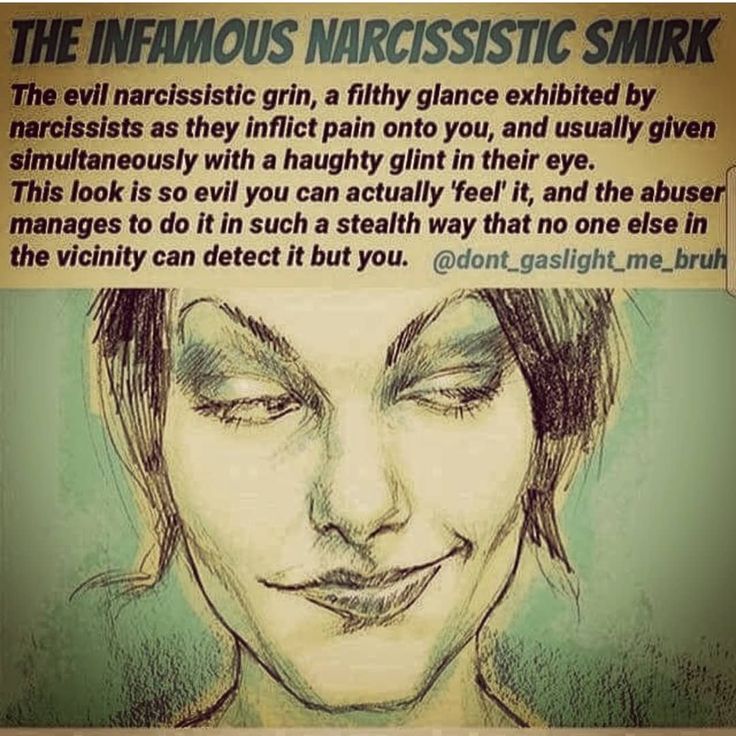
It can sometimes be difficult for people with narcissistic personality disorder to take criticism or rejection. This might make them react in several ways — one of them is rage.
In this case, experts refer to it as narcissistic rage or narcissistic collapse.
One aspect of rage is feeling like the victim of someone else’s attacks. “I’m enraged because you attacked me.”
Another aspect is that even when a narcissist doesn’t feel like somebody else’s victim, they may realize that playing this part may make others back off and take back what enraged them in the first place.
In other words, if you feel someone’s doing something you don’t like, and that makes you mad, playing the victim can make the other person change their ways.
Every person will respond differently.
Some narcissistic people may attack you or treat you in a vindictive way whenever they feel rage, while others play the victim instead.
Guilt is a human emotion that tends to keep us in check.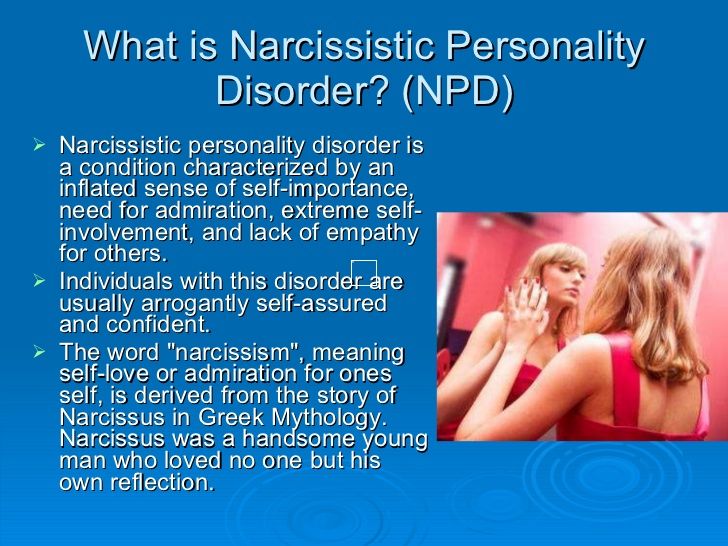 When balanced, guilt may act as a deterrent for antisocial behavior.
When balanced, guilt may act as a deterrent for antisocial behavior.
Research suggests that some people with both vulnerable and grandiose narcissism may not experience guilt in some situations. This might make them more likely to use manipulation tactics to get what they need.
Low empathy also makes it difficult for someone with NPD to understand where you’re coming from. This might lead them to believe you’re attacking them.
For example, if you’re expressing how hurt you feel for something they’ve done, they might not see it your way. They might not understand why that behavior would hurt you. For them, you could be complaining and treating them unfairly.
In that scenario, they may think of themselves as the victim, even if you’re just saying you’re hurt or upset.
Low empathy might also lead them to use psychological games — like playing the victim — to get what they want, even if you get hurt.
Even if you understand that narcissistic personality disorder is a complex mental health condition and not a personal choice, it can feel overwhelming to have someone frequently feeling or acting like a victim.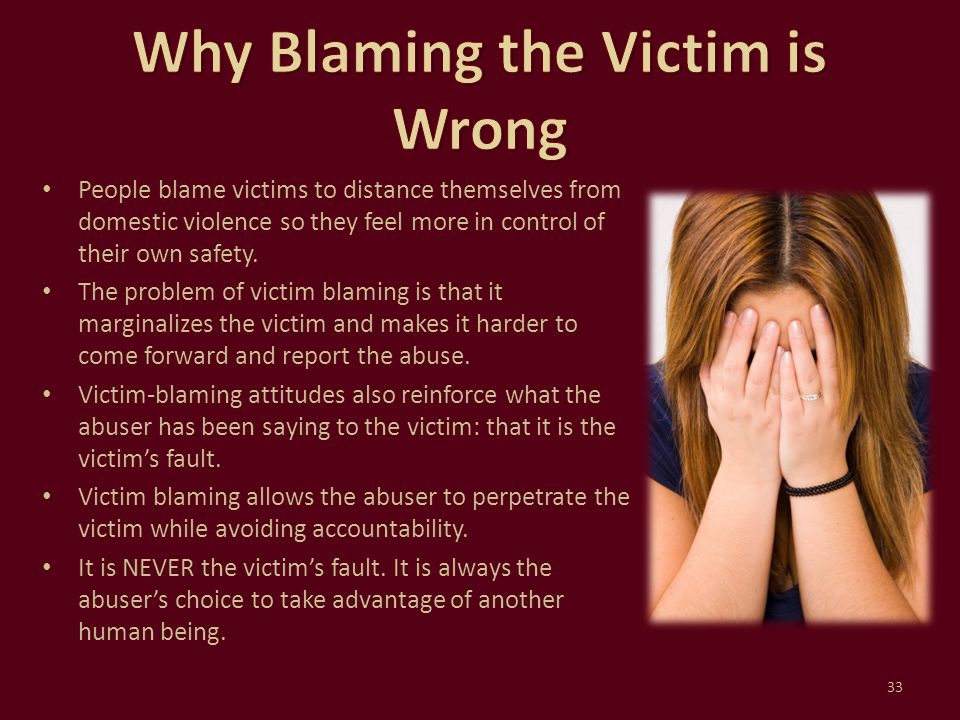
You might hope they change or grow out of it. You may even try to convince them to change their ways.
While this might work with someone without the condition who plays the victim, it won’t likely work for someone with NPD.
Some narcissistic people do develop new social skills with the help of a mental health professional. However, it can often be challenging for them to stay in therapy.
In the meantime, learning to recognize games they might play, and setting clear boundaries can help you cope.
Here are a few tips to consider if a narcissist is playing the victim:
- Try not to take it personally. This is never easy, but with practice you can do it.
- Don’t take the bait. If possible, walk away every time they treat you like the bad guy.
- Don’t internalize it. They might say a few hurtful things when they’re playing the victim, but those words don’t define you.
- Don’t idealize them.
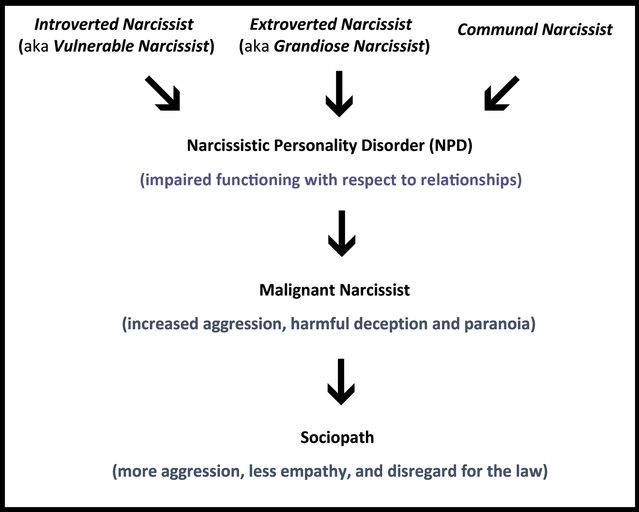 It’s natural to second-guess yourself and consider if you’re really mistreating them. Trust their actions more than their words.
It’s natural to second-guess yourself and consider if you’re really mistreating them. Trust their actions more than their words. - Don’t engage. It’s not uncommon to react in the same way someone is treating you. However, avoid the need to play the victim with them, even if they really aren’t being fair to you.
Why a narcissist plays the victim depends on the situation and the type of narcissism they live with.
Playing the victim or feeling like a victim may stem from lower self-esteem, low empathy, or a need for control.
In every case, because NPD is a mental health condition, this behavior is linked to the symptoms that define the disorder and not to a personal choice.
Understanding this may be a first step toward coping with this behavior. In other instances, it might be necessary for you to set clear boundaries or walk away from the relationship.
What is the victim mentality?
For them, life is an endless series of misfortunes, and other people are mostly enemies.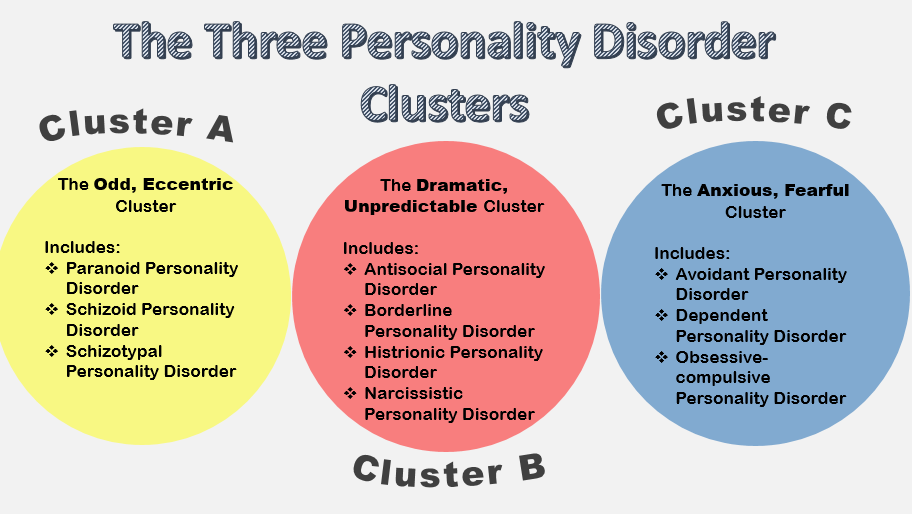 Such beliefs are called the victim mentality. We talk about what it is in the next issue of the guide to the psyche.
Such beliefs are called the victim mentality. We talk about what it is in the next issue of the guide to the psyche.
In the previous issue: what is narcissism.
What you need to know about the brain
The main thing about effective ways not to succumb to stress and thinking errors is in your mail twice a month on Fridays. Free
What it is
The term "victim mentality" is widely used in popular psychology. They denote the tendency of a person to blame external circumstances and other people for their problems and concentrate only on the bad things that happen to them.
A person with a victim mentality does not take responsibility for his actions. He justifies them with unfavorable conditions, an unjust society, the cruelty of others, or simply chronic bad luck.
/inner-critic/
I am a miserable loser: who is the inner critic
An example of the mentality of the victim was found by American researchers among offenders - some of them are sure that they committed crimes not of their own choice, but because they grew up in a criminogenic environment and there was simply no way for them not to break the law.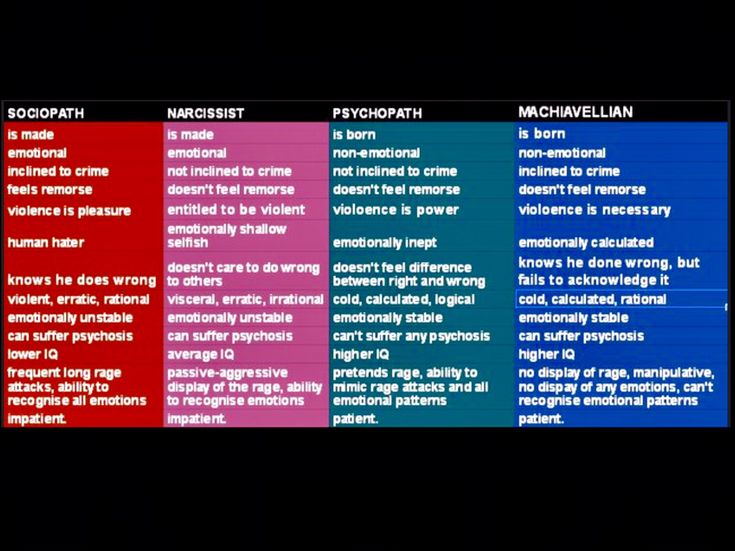
People with a victim mentality usually also look fatalistically at the future: they are sure that they are destined for the rest of their lives only to get into trouble. Therefore, it makes no sense to make efforts to make your life better. And if someone offers them ways to solve his problems, he will immediately find a lot of reasons why they won’t work.
People with a victim mentality are characterized by the following thoughts and attitudes:
- “Everything is against me!”;
- "What can I do if I'm not lucky all the time?";
- "We are not like that - life is like that";
- “Why do only bad things happen to me? What did I do to deserve this?";
- "My life is a continuous series of suffering";
- “Well, yes, I worked for half a day for free. Well, what options did I have - such are their rules";
- "No one cares about me";
- "I was made to do something wrong!";
- “Well, I'm a small person.
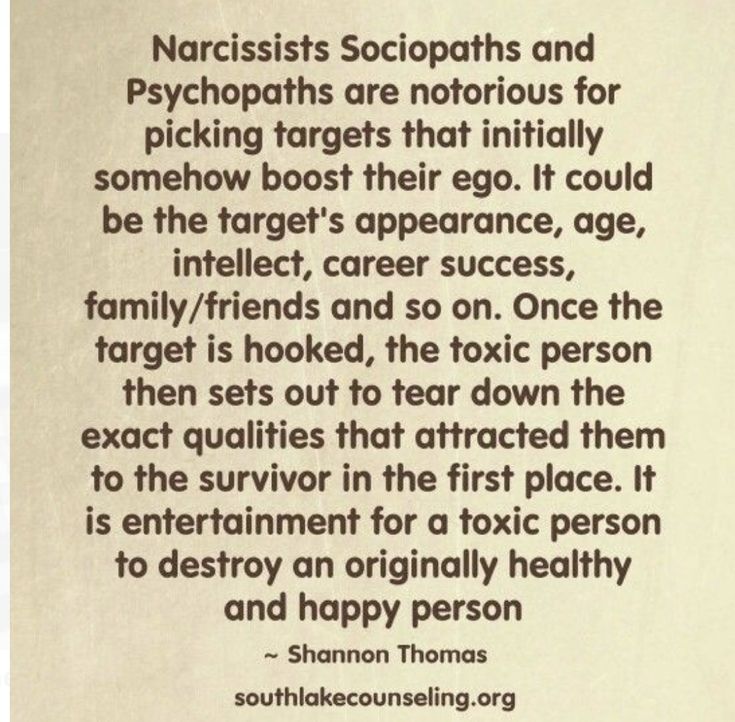 What can I do?";
What can I do?"; - "You ruined my whole life!"
Why it occurs
Because of a traumatic childhood experience. For example, due to adult violence or peer bullying. Faced with this, the child often finds himself unable to defend himself. And if he is not given help in time, he may form a conviction that life is arranged in such a way that he can be hurt at any moment and for no apparent reason. And the child himself cannot fix it.
Such a belief system can be useful to a child at the moment: it helps to adapt to unbearable conditions, to minimize losses for his psyche. But it keeps him from forming healthier defensive strategies. For example, to believe that he can control his own life, make decisions, protect himself and punish offenders, try to improve his life, improve its quality.
Because of the ideas about the world received from parents. In the first years of his development, the child always unconsciously adopts the behavior patterns, basic beliefs, values and worldview of the parents. If one of them has a pronounced mentality of the victim, the child can learn it. And keep it in adulthood.
If one of them has a pronounced mentality of the victim, the child can learn it. And keep it in adulthood.
Never say this to children: 12 toxic phrases from parents
What is the danger
In some ways, the mentality of the victim can even be beneficial. It allows you not to go through the stress of making important decisions and just go with the flow. And the constant stories of their troubles and complaints, which people with a victim mentality are prone to, help them manipulate others for their own interests and get enough sympathy, attention and support from them.
But these pluses are unlikely to compensate for the problems that the mentality of the victim leads to. People who have them are easily succumbed to negative thoughts - and tend to exaggerate the dangers that threaten them. This heightens their anxiety. The attacks of which can alternate with periods of melancholy and bad mood. Because of which people with a victim mentality are prone to self-destructive behavior.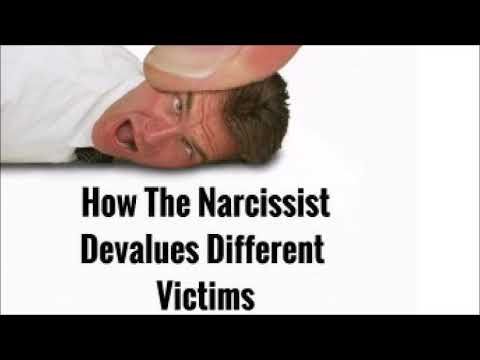
Another problem: the victim mentality usually forces a person to strive with all his might to maintain the status quo. Since any change in his life, in his opinion, can lead to unpredictable - and possibly negative - consequences. This leads to self-sabotage. For example, a person does not move to a new, more interesting job, even if he is offered one. Or refuses a highly paid, but more responsible position. As a result, it is difficult for him to realize himself in life, he suffers from frustration and dissatisfaction with himself.
/learned-helplessness/
“If you haven’t lived richly, you have nothing to start with”: what is learned helplessness
Difficulties also arise in relationships with others. A person with a victim mentality - due to the trauma experienced - often cannot fully trust other people. He is inclined, at the slightest opportunity, to accuse them of treating him unfairly. Which leads to conflicts.
In addition, a person with a victim mentality perceives any criticism as an attempt to hurt him. And therefore, it reacts extremely painfully - and often aggressively - to it.
And therefore, it reacts extremely painfully - and often aggressively - to it.
What to do
Victim mentality is not an innate, but an acquired trait. To get rid of the victim mentality, you need to cultivate the belief in yourself that you can and have the right to control your life at least partially. And stop being afraid of responsibility.
The best way to do this is to contact a psychologist or psychotherapist. The specialist will teach you adaptive techniques that can replace the mentality of the victim. It will help to understand in detail the internal settings underlying it. And finally, he will talk about ways to reduce anxiety when making decisions.
/you-are-strong/
"It's Important to Realize You're Not Helpless": The Therapist on the Anxious Uncertainty of the Moment
There are also several ways to work with your inner attitudes on your own. You can start with this:
- Every time you want to avoid making a decision, analyze the risks of different scenarios and try to separate your fears from the real facts.
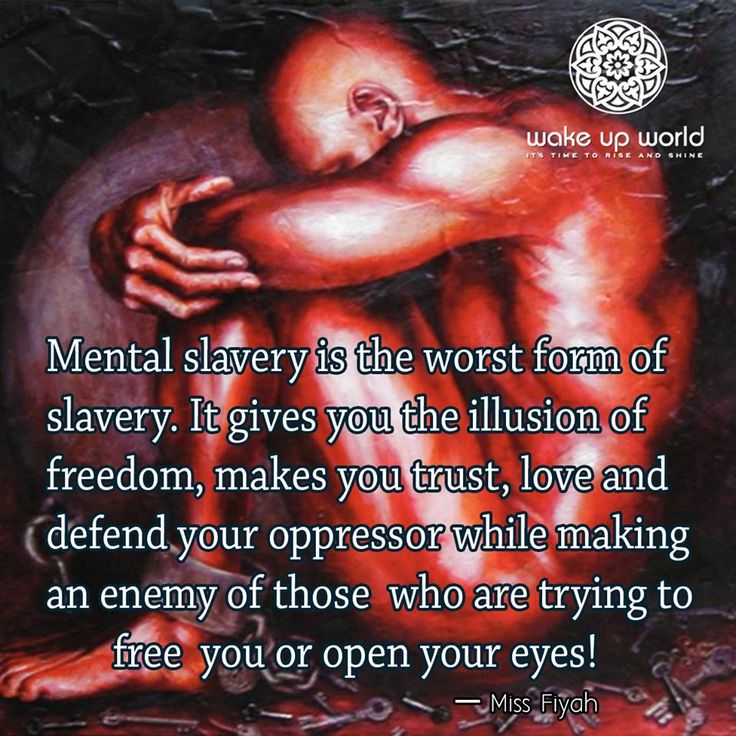 This will help you realize how often your actions are influenced by emotions, and not by real, already existing problems.
This will help you realize how often your actions are influenced by emotions, and not by real, already existing problems. - Consider whether the belief that you can't control anything in life is true. Remember the times when you allowed yourself to make a choice and after that everything turned out well. It might be something minor. But even this will show you that you are able to take responsibility for your life and make your own choices.
- Allow yourself to say "no" to illegal demands, to violations of your rights, to requests that you do not want to comply with. Refuse to do things that are inconsistent with your values, ethical beliefs, and interests. And try to remind yourself more often that you have every right to all this.
Knowledge about psychology and brain function that will help you survive in this crazy world - in our telegram channel. Subscribe to keep abreast of what is happening: @t_dopamine.
Read online The World of the Narcissistic Victim.
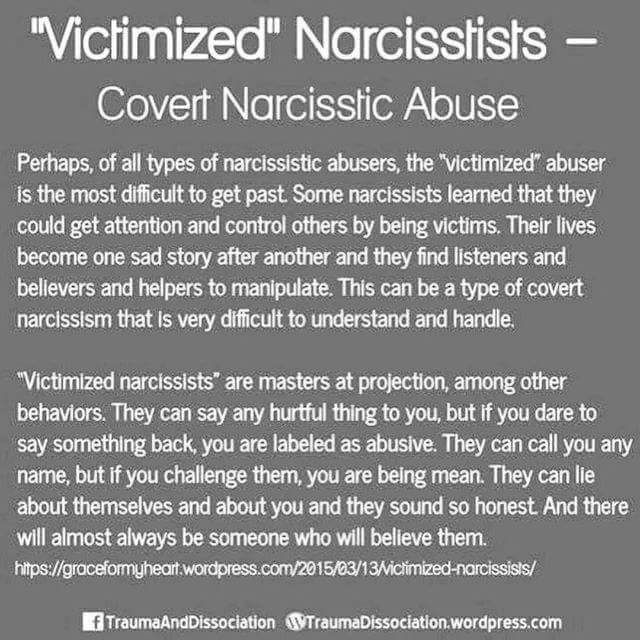 Relationships in the Context of Modern Neurosis”, Anastasia Dolganova – LitRes
Relationships in the Context of Modern Neurosis”, Anastasia Dolganova – LitRes Narcissism, Narcissistic Personality Disorder —
a personality disorder characterized by a belief in one's own uniqueness, special position, superiority over other people; inflated opinion about their talents and achievements; preoccupation with fantasies about their successes; expectation of an unconditionally good attitude and unquestioning obedience to others; seeking the admiration of others to confirm their uniqueness and significance.
Narcissistic injury -
a specific trace in the personality of those who were brought up by narcissistic people or simply had too much traumatic experience of interacting with them. It represents an increased vulnerability to shame, as well as difficulty in maintaining boundaries between oneself and others. Most people with narcissistic trauma either, like narcissistic personalities, put a lot of effort into maintaining a sense of their super-importance, or tend to meekly comply with the whims of others, afraid to face their wrath.
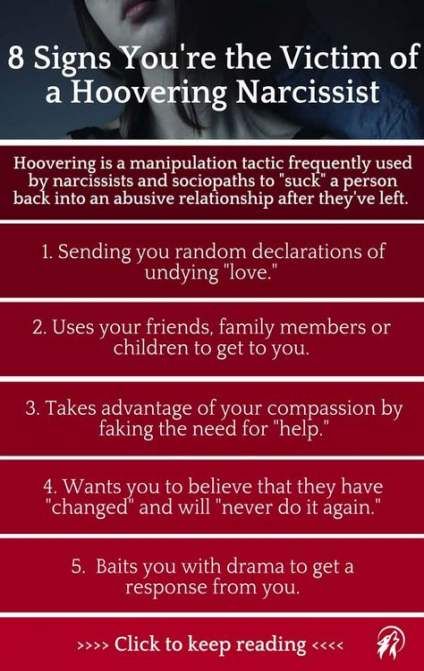
Meanwhile, unlike individuals with pathological narcissism, narcissistically injured people retain a sufficient level of reflection to be able to realize their own envy, shame and guilt.
Narcissistic victim -
90,002 people in a relationship with a person with pronounced narcissistic traits (narcissistic relationships).
The era of narcissism
There is such a thing as "modern neurosis". This means that in every time, in every century, the history and culture of human civilization develop in such a way that children born at that time will have common features, patterns in behavior that have appeared in connection with a special style of upbringing and development conditions. Our age is considered the age of narcissism, when the manifestation of narcissistic traits is found in the majority. There is even talk of an “epidemic of narcissism.”
We modern adults who seek and enter into relationships are children of the same era, of the same culture.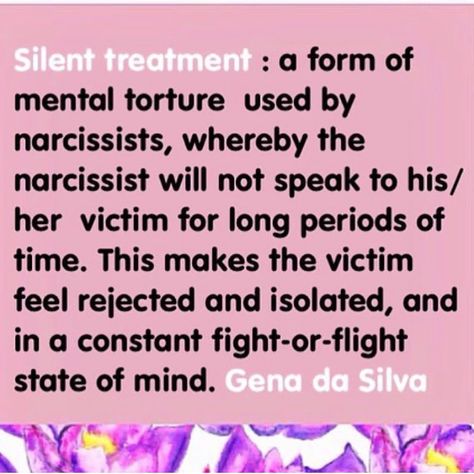 I think that this is true only for children of Europeanized countries. The culture of Asia or Africa, the culture of small, detached from general trends, nationalities has its own specific features. They certainly have their own special neuroses.
I think that this is true only for children of Europeanized countries. The culture of Asia or Africa, the culture of small, detached from general trends, nationalities has its own specific features. They certainly have their own special neuroses.
The epidemic of narcissism is a pro-civilized society that can use all the modern achievements of science and technology, with blurred boundaries, great freedom, and the availability of a wide variety of knowledge. A huge information field, which is available to every modern person, influences him, whether he wants it or not. This information field has goals to strive for, values to rely on, patterns of behavior to follow. They are told to us by parents, teachers, peers. We occupy a place in society according to how we correspond to these patterns, and we can only claim in the world what we deserve, based on our “rightness” or “wrongness”.
A striking example of the world's narcissistic demands is the "American dream." An American can consider himself successful when he has reached a certain level of wealth. The United States, interestingly, is moving away from this stereotype: decades of psychotherapy habits are taking their toll. But the message itself is very tenacious: you need to go from an ordinary person to someone who decides the fate of the world, because he has a lot of money. Neither Steve Jobs nor Henry Ford would have been so popular if the material component was removed from their stories. They would have remained brilliant, bright personalities, but they would not have been so interesting. Modern idols are the rich.
The United States, interestingly, is moving away from this stereotype: decades of psychotherapy habits are taking their toll. But the message itself is very tenacious: you need to go from an ordinary person to someone who decides the fate of the world, because he has a lot of money. Neither Steve Jobs nor Henry Ford would have been so popular if the material component was removed from their stories. They would have remained brilliant, bright personalities, but they would not have been so interesting. Modern idols are the rich.
There is a fairly simple template that suggests a scheme for getting rich: take risks, work hard, do everything perfectly, be a leader. In general, these four pieces of advice are given in most self-development books, more specifically. This template is not feasible because it describes a flat reality, assuming that a person only needs to make an effort and he will change. Millions and billions of people blame themselves for laziness, considering it the only reason for their inadequacy.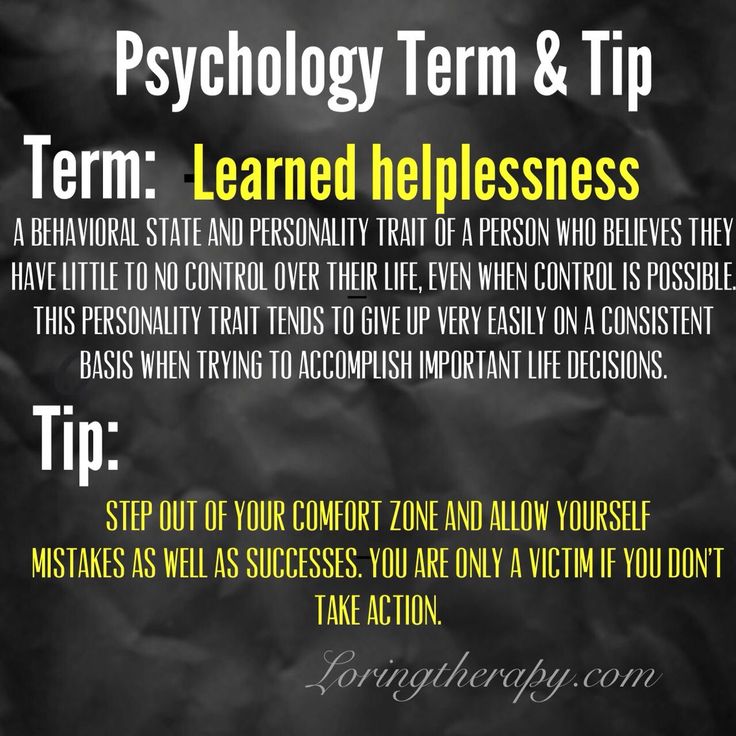
This pattern is full of holes. What to do with fatigue? With negative feelings? With a lack of resources? With mistakes and defeats? In general, with the whole psychic reality that does not fit and will never fit into a template that is too small for it?
There is a category of clients who come to psychotherapy not to know themselves, but to force themselves to be someone else. Often these are entrepreneurs, high-level managers, self-employed specialists. They see themselves as ineffective and need to remove the hindrances in their personality.
Denis, for example, comes for coaching: he wants to understand why his goals are not being met or are being fulfilled slowly. He is a top manager and works under a lot of pressure. He is very thin, it is clear that he does not sleep much, he always takes notes and always refuses tea. His goals are not met because they are inadequate: he wants too much, too quickly, and hates himself too much for failing. He recently had a third child in his marriage, which he does not like.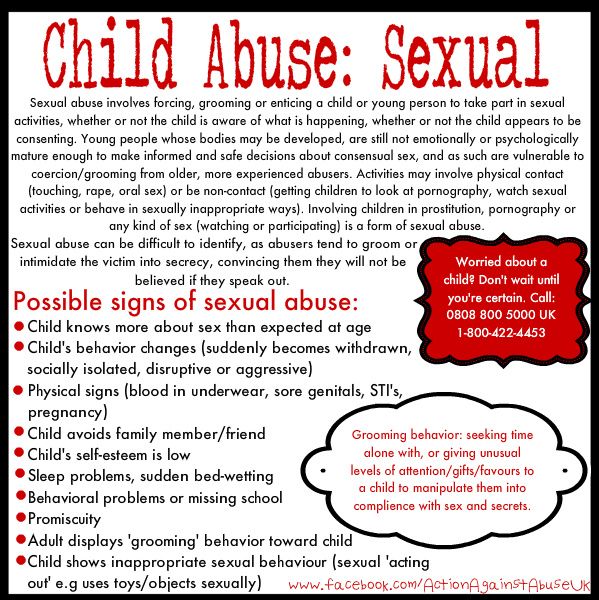 His father is seriously ill. Denis is very ill, and he goes to work, including in order to be distracted. Work stress, feeling like a failure, thoughts that his life should be different, in fact, are not only and not so much about work, but when they are projected onto it, they are easier to bear. The idea of professional success becomes super significant because it looks the simplest. If Denis realizes that this is impossible in the form in which he imagines it, then he will have to rethink other aspects of his life and live a lot of pain, from which he is so well removed.
His father is seriously ill. Denis is very ill, and he goes to work, including in order to be distracted. Work stress, feeling like a failure, thoughts that his life should be different, in fact, are not only and not so much about work, but when they are projected onto it, they are easier to bear. The idea of professional success becomes super significant because it looks the simplest. If Denis realizes that this is impossible in the form in which he imagines it, then he will have to rethink other aspects of his life and live a lot of pain, from which he is so well removed.
Lena comes to therapy with a question about knowing herself and her destiny. It seems to her that she would be more successful, she would not have doubts and laziness, if she knew exactly what she was intended for. The search for such a thing is to a large extent connected with the culture in which she lives: her circle of friends is “people interested in self-development”, roughly speaking, a psychological and esoteric party with average requirements for how to live correctly.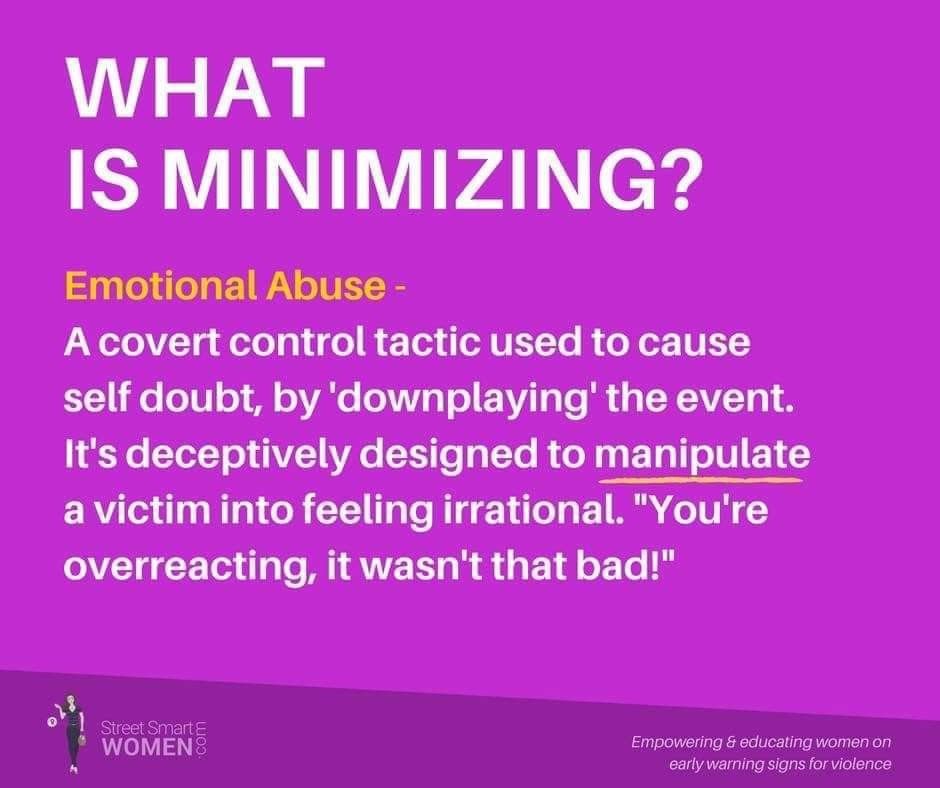 A lot of books read, a lot of attended trainings, a lot of confidence that it is already conscious and developed. Only Lena does not have a sense of her destiny, but according to the requirements she should be. For the sake of this very mission, Lena does not get enough sleep, because she meditates in the morning, goes in for sports to train willpower and uses all sorts of affirmations. As a result, she moves further and further away from hearing herself real, with her real feelings and needs, and the question of destiny does not budge.
A lot of books read, a lot of attended trainings, a lot of confidence that it is already conscious and developed. Only Lena does not have a sense of her destiny, but according to the requirements she should be. For the sake of this very mission, Lena does not get enough sleep, because she meditates in the morning, goes in for sports to train willpower and uses all sorts of affirmations. As a result, she moves further and further away from hearing herself real, with her real feelings and needs, and the question of destiny does not budge.
And Kostya heard in the company of young entrepreneurs about a business guru who changes consciousness, and people become billionaires. Kostya has no money for this guru yet. He tries to keep and develop his first business while his acquaintance opens branches all over the country after meeting this same guru. Kostya ignores the fact that his friend's father is a big businessman and they have completely different input resources. It seems to Kostya that if he had been more diligent (and also, of course, if I had worked better), then he would have been like that.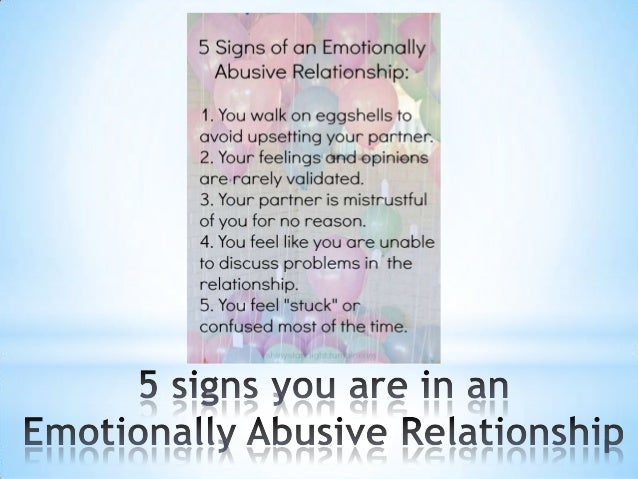
Since the world is narcissistic, it offers competition as the main form of interaction between people. Competition permeates every area of life, replacing other forms of interaction: intimacy, learning, partnership, collaborative exploration. In any relationship, there is always a question of comparison. We compete with friends for who is better at coping with difficulties, with lovers for power, with strangers for the right to social attention and approval. Parents compete with the help of their children. Children - with the help of toys, clothes, parents. Later, you can compete through ratings or the number of friends, even later - the amount of money and the ideal family on the pages of Instagram. In the absence of obvious competitive qualities, one can compete in the number of problems, in illnesses and misfortunes.
Such competition is based on anxiety, a person worries that there will be no place for him in this life if he does not become the best.
The guarantee of such a place is given only by winning by a margin, that is, such a win that there is no doubt about it, because everyone else was left far behind.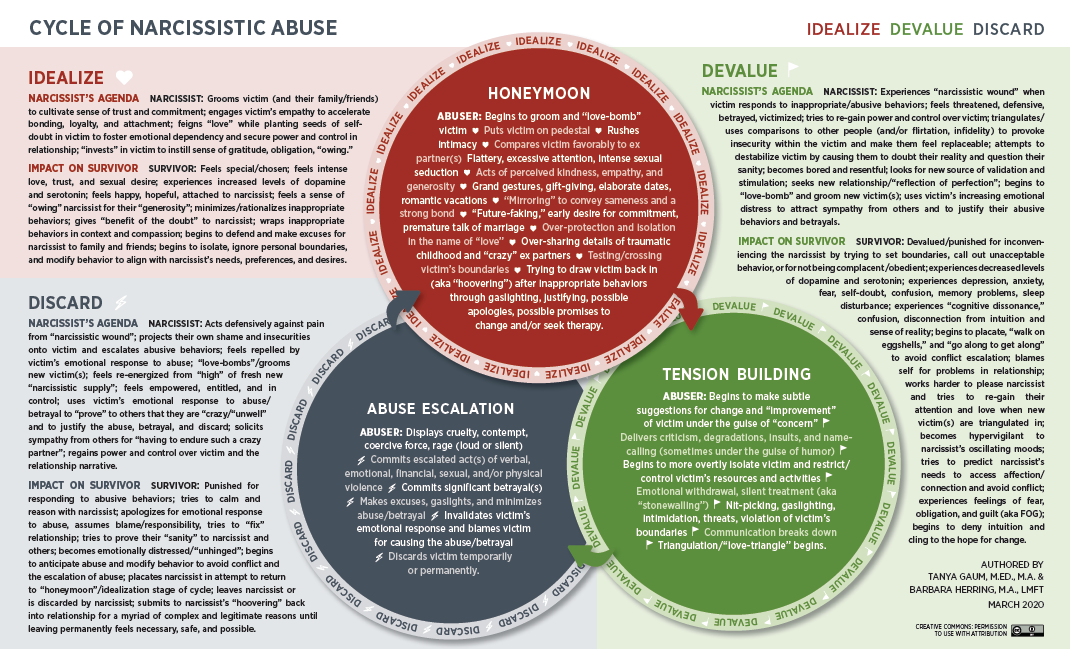 This makes competition unhealthy: in normal relationships there is competition, but it does not involve winning in the absence of other participants. Narcissistic experience, on the other hand, dictates the need to crush, devalue, and destroy rivals in order for the gain to be unambiguous. With unstable self-esteem, the presence of a competitor - at least in the line of sight - means that victory is doubtful.
This makes competition unhealthy: in normal relationships there is competition, but it does not involve winning in the absence of other participants. Narcissistic experience, on the other hand, dictates the need to crush, devalue, and destroy rivals in order for the gain to be unambiguous. With unstable self-esteem, the presence of a competitor - at least in the line of sight - means that victory is doubtful.
Unhealthy, compulsive competition will take a big place in narcissistic relationships. The prize in this competition is a narcissistic sense of self-righteousness, which reduces anxiety.
Anya is in a relationship with Vlad, and this is a narcissistic relationship. A bright narcissist is Vlad, Anya perceives herself as a victim of narcissism. A lot of things are difficult for her in these relationships: to endure his ridicule or fits of anger, to meet the requirements, to withstand magical thinking. She tries to teach him to be more tolerant and rational. Every time his omens and superstitions don't work, she takes notice and makes fun of him.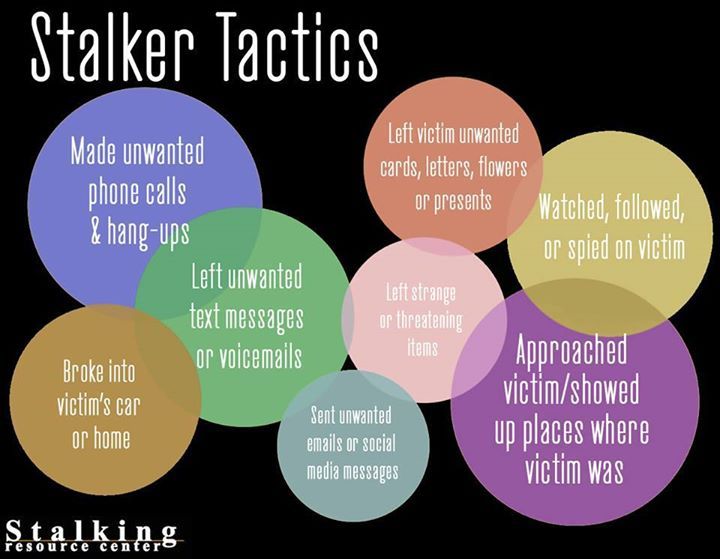 Even publicly, she can make a comment like: “Well, Vlad is wearing a lucky shirt today, let him negotiate a discount.” Vlad, of course, is furious, and this is not safe for Anya, but she does it anyway. Anya feels that he treats her like an uneducated simpleton. Vlad feels like he's being treated like a fool. They compete with each other for who among them has the right to be considered a full-fledged person.
Even publicly, she can make a comment like: “Well, Vlad is wearing a lucky shirt today, let him negotiate a discount.” Vlad, of course, is furious, and this is not safe for Anya, but she does it anyway. Anya feels that he treats her like an uneducated simpleton. Vlad feels like he's being treated like a fool. They compete with each other for who among them has the right to be considered a full-fledged person.
And Nastya and Zhenya compete for friends: when friendly companies meet, there are always outbreaks of quarrels between them - Nastya cries, Zhenya leaves in a rage. Nastya, left alone with other people, complains a lot about her life and exposes Zhenya's secrets, exposing him as a rapist and gigolo. Zhenya acts more directly, at the next meeting, obviously controlling Nastya's alcohol under the sauce "get drunk again and act like a fool." At the same time, alone with each other, they are quite capable of respect and mutual devotion. They become enemies only in the presence of spectators.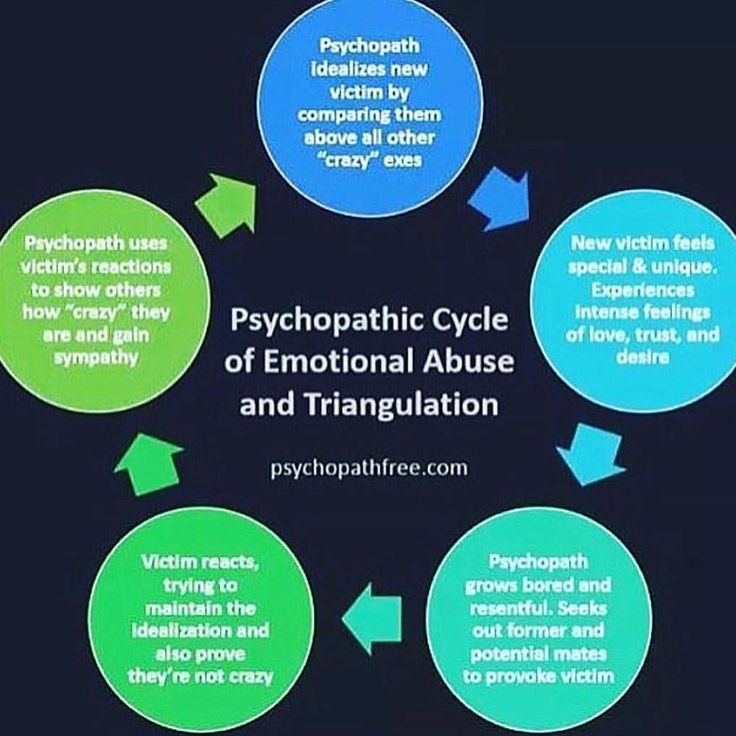
Narcissistic family
Narcissistic trauma can also occur in relationships with parents. The experience of rejection of children and children's needs in parental families is diverse and can be dictated by situations that are very different in context.
A mother or father may make impossible demands on their children because they make impossible demands on themselves. These are the so-called "facade" families. For them, the impression they make from the outside, the social assessment of family life, is very important. Children in such families are a threat: a living and real child inevitably communicates information to the world that adults would like to hide. This happens both in words and in behavior: a child can simply talk about the fact that his parents quarrel, or he can often get sick or study poorly, which also exposes the real state of affairs in such a family. Therefore, the child is required to maintain the facade - an illusion created by adults, at the cost of abandoning real feelings and needs.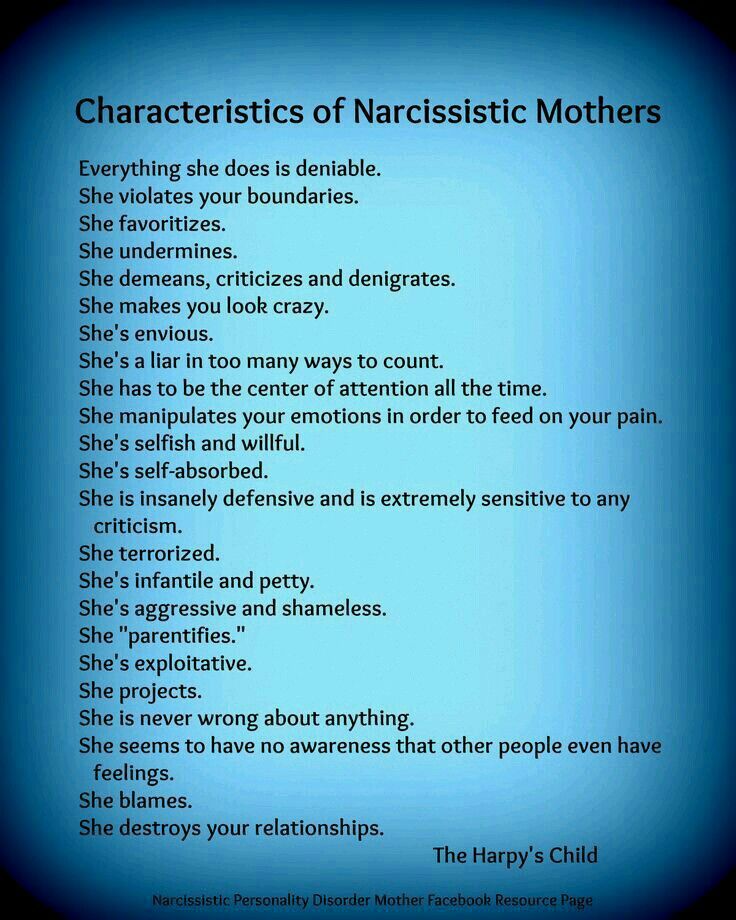 Often children in such families do not have the right to be tired, should not have social or developmental difficulties, should not be dirty, affected or sick. Little perfect touches to the portrait of an ideal family - that's what their function is.
Often children in such families do not have the right to be tired, should not have social or developmental difficulties, should not be dirty, affected or sick. Little perfect touches to the portrait of an ideal family - that's what their function is.
It happens that such a message does not come from both parents, but only from one. Then the child finds himself in the same boat with the second parent and theoretically can turn to him for support, but in reality it happens that by the time the children appear, the second spouse is overwhelmed by the partner’s desire to maintain apparent ideality. Often, after some time, he begins to consciously or unconsciously rebel, demonstrating socially unacceptable behavior (staying late at night, drinking), losing a stable income, or becoming seriously ill. This does not improve the life of the child, but vice versa. The swaying ideal picture increases the demands on the remaining controlled family member (the child), and the pressure on him only intensifies.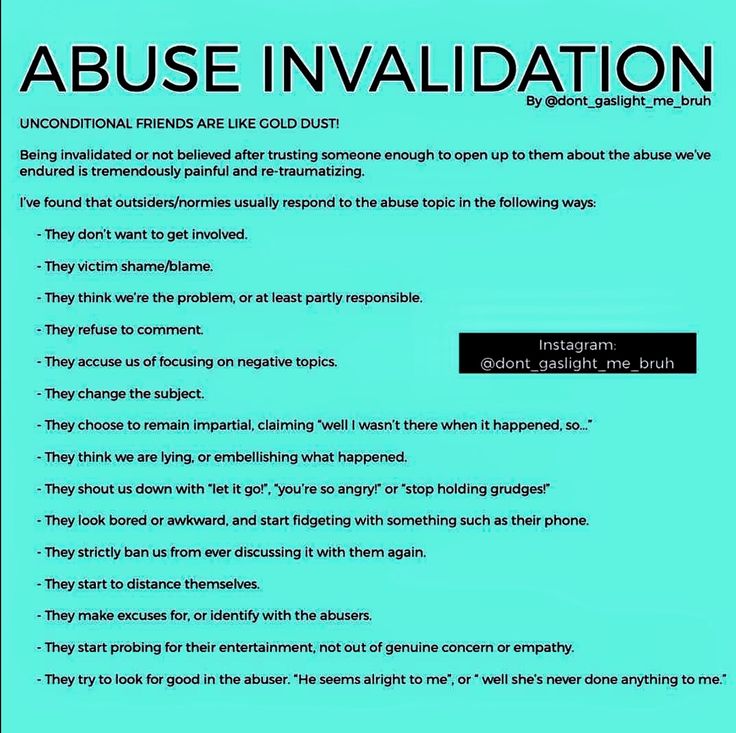
It turns out that such a child can feel needed and loved only by demonstrating the behavior necessary for his mother or father. The rest must be abandoned. Correct behavior is met with jubilation, praise, pride when the child is told “you are the best”, or a reduction in tension within the family. Misbehavior is met with frustration, coldness, aggression, and "I'm ashamed of you" comments. Disintegration occurs: the child can feel either wonderful or terrible.
Liza's father, as she grew up, drank more and more and moved away from the family more and more, becoming inadequate both when drunk and when sober. Mother reconciled, fought, regretted, heroically saved, gave birth to new children. The father became more and more difficult over time, the mother became weaker, and naturally, part of the care and rescue functions fell on the eldest daughter. Lisa remembers how her mother thanked her with tears for her help in bringing her insane father home, how she told her daughter “how would I be without you.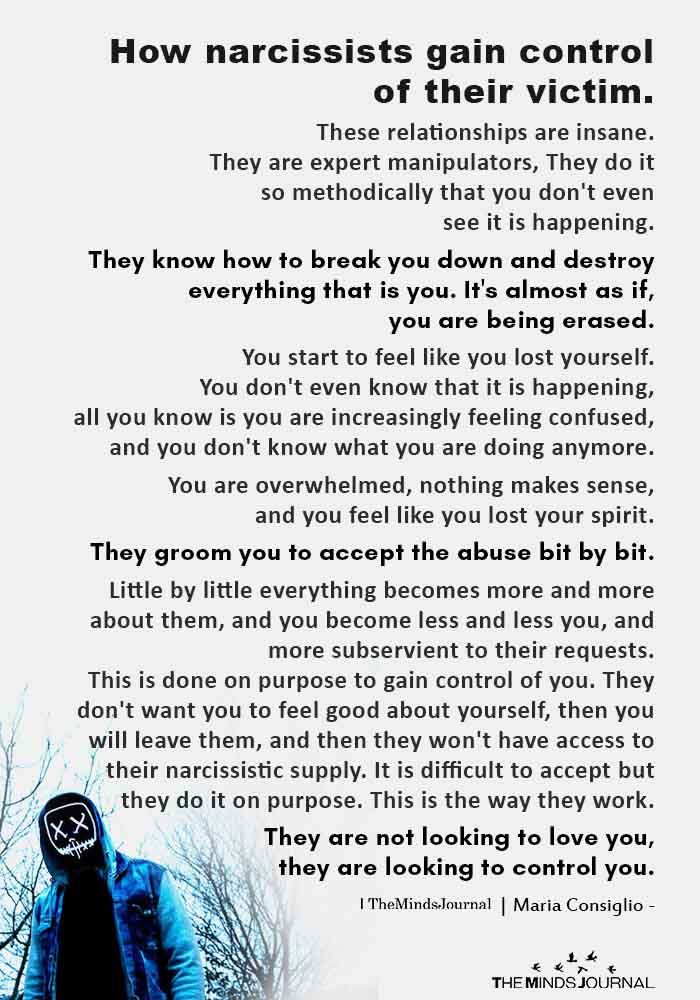 ” Lisa was proud of it. At the same time, she was forbidden to have at least some difficulties in her life, since her mother already had enough problems. Liza has a medal, red diplomas, sports cups. Ignoring her true feelings, in her adult relationships she is masochistically silent about needs and narcissistically believes that she always does more for the relationship for the partner. Mentally stable men do not get along with her. This kind of worries Lisa, but not really: her main function is still “mother's pride” and “a reproach to her father, because her daughter turned out so wonderful without his help.”
” Lisa was proud of it. At the same time, she was forbidden to have at least some difficulties in her life, since her mother already had enough problems. Liza has a medal, red diplomas, sports cups. Ignoring her true feelings, in her adult relationships she is masochistically silent about needs and narcissistically believes that she always does more for the relationship for the partner. Mentally stable men do not get along with her. This kind of worries Lisa, but not really: her main function is still “mother's pride” and “a reproach to her father, because her daughter turned out so wonderful without his help.”
Everything is simpler with Vova - he just can't do anything. You can’t get sick, angry, get carried away with something, you can’t quarrel with someone, and you can’t become attached to someone either. He is the heir to the family business, he must study well and live up to expectations. But exactly what expectations should be justified is not entirely clear. If he studies for one five, he is a nerd, if he has difficulties with his studies, he is a moron.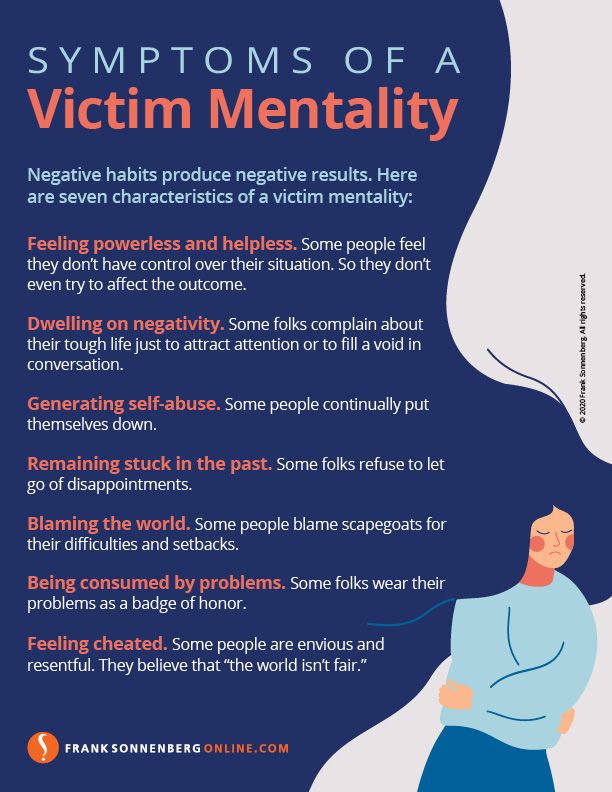 If he works a lot, then he ruins himself, if he rests for the series, he is mediocre. Vova is used to the fact that any of his contact with his own family brings pain, and has "grown" armor that makes him immune not only to the words of his parents, but to everything in general. He looks lifeless and feels the same way. He cannot be happy, sad, empathize with someone. Only affects remained: envy, rage, jealousy. He is not interested in other people because he does not have an inner life that would fill the relationship. He is a selfish and manipulative leader, an indifferent and demanding partner. The main content of his life is the tension associated with trying to do at least something to silence the inner criticizing voice. Sometimes, if by chance he reproduces the desired behavior, he is praised, and for a few hours he can relax. Then everything starts all over again (usually with the saying "it was only worth praising you").
If he works a lot, then he ruins himself, if he rests for the series, he is mediocre. Vova is used to the fact that any of his contact with his own family brings pain, and has "grown" armor that makes him immune not only to the words of his parents, but to everything in general. He looks lifeless and feels the same way. He cannot be happy, sad, empathize with someone. Only affects remained: envy, rage, jealousy. He is not interested in other people because he does not have an inner life that would fill the relationship. He is a selfish and manipulative leader, an indifferent and demanding partner. The main content of his life is the tension associated with trying to do at least something to silence the inner criticizing voice. Sometimes, if by chance he reproduces the desired behavior, he is praised, and for a few hours he can relax. Then everything starts all over again (usually with the saying "it was only worth praising you").
In these stories there is at least a reward for doing the right thing, where the child can actually feel loved, even if not for very long.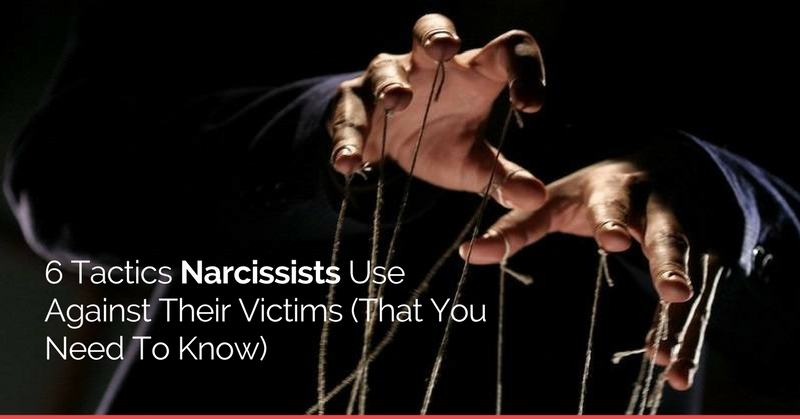 It happens that a significant adult, in principle, is not able to love, or it is difficult for him to love this particular child.
It happens that a significant adult, in principle, is not able to love, or it is difficult for him to love this particular child.
This happens when pregnancy and birth happen by accident, or with the wrong partner, or when the birth of a child changes life dramatically for the worse.
The maternal instinct that makes a woman love her child, no matter what the circumstances, is a myth.
A woman may not want children at all, because it interferes with her freedom and career, but she can agree to her husband's persuasion and public pressure. Or she may love another man and get pregnant by accident. Hormonal failure after pregnancy can be superimposed on the stress associated with serious and irreversible changes in life, and then the depression and apathy of the mother will not allow her to feel joy and love in contact with the child. Whatever he does and whatever he is, the child may not be able to change the mother and teach her to feel differently.
Good feelings for a child may also be unavailable if traumatic experiences are associated with it: violence, for example, or a husband's infidelity during pregnancy.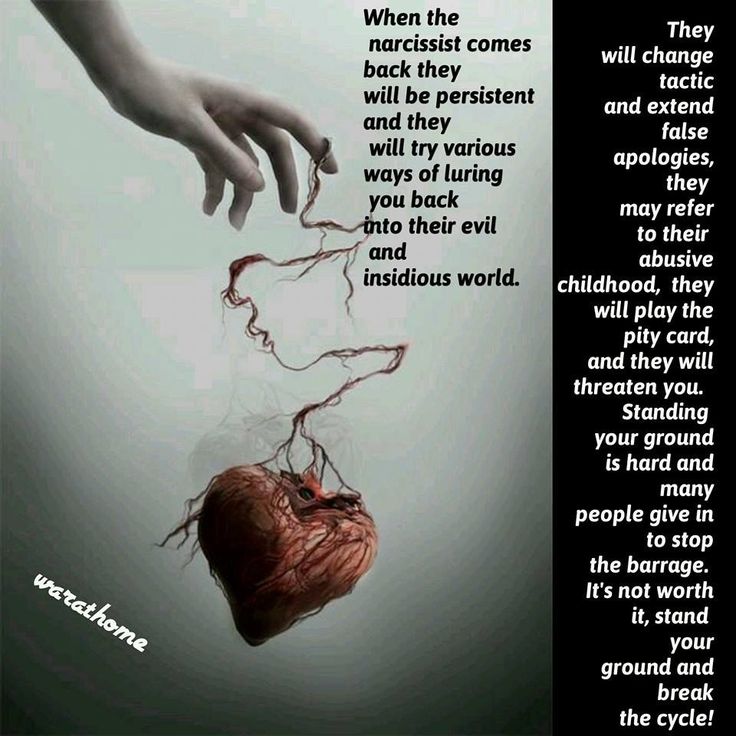 In this case, feelings are transferred to the child that are unsafe to experience towards the source of injury: fear, anger, contempt, hatred. These feelings can be so strong that the mother cannot cope with them and transfers them into her relationship with her children.
In this case, feelings are transferred to the child that are unsafe to experience towards the source of injury: fear, anger, contempt, hatred. These feelings can be so strong that the mother cannot cope with them and transfers them into her relationship with her children.
Likewise, there is no place for love when the birth of a child actualizes the mother's or father's fear of death. This happens when pregnancy is associated with a difficult physical condition and a threat to life, when the appearance of a new family member complicates the situation to the level of survival, when there is someone nearby who poses a direct threat. Past experience can also be frightening: the children and grandchildren of the blockade of Leningrad or participants in hostilities often talk about the fear of death that was passed on to them by their ancestors - in unbearable conditions, the appearance of children really reduced the chances of an adult surviving.
Ira's grandmother is a witness of the Battle of Kursk.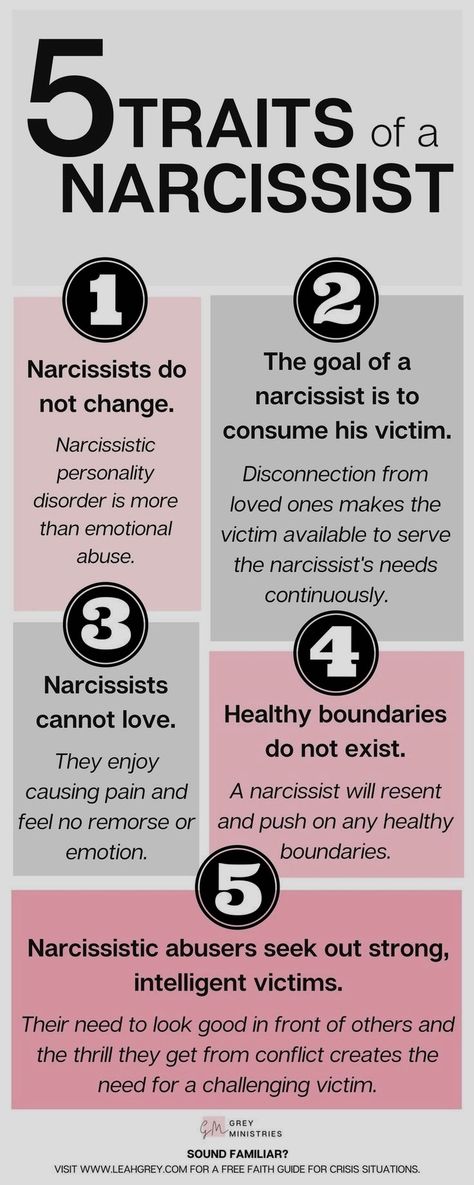 It is a terrible experience, an experience of mass death, an experience of survival on the edge. She can no longer be normal: a broken psyche does not allow her to experience feelings that require security - affection, tenderness, love. Peace for her is military action. She brings up her daughter, Ira's mother, in this way. So she brings up her granddaughter Ira when she is born. Every day a little girl watches the war between her mother and grandmother, a war of life and death, in which she has no place. Ira is torn between the desire to attract all the same much-needed attention to herself and the need to freeze so that a stray bullet does not kill her. As they grow older, the patterns do not change: Ira either freezes in fear, or attracts attention with her brightness, eccentricity, and talent. She has many fears masquerading as outward confidence. She is a fan of control, a tyrant and despot in her own family. If something does not go the way Ira wanted and planned, then a wave of anger rises from within her, in the depths of which there is always a fear of death.
It is a terrible experience, an experience of mass death, an experience of survival on the edge. She can no longer be normal: a broken psyche does not allow her to experience feelings that require security - affection, tenderness, love. Peace for her is military action. She brings up her daughter, Ira's mother, in this way. So she brings up her granddaughter Ira when she is born. Every day a little girl watches the war between her mother and grandmother, a war of life and death, in which she has no place. Ira is torn between the desire to attract all the same much-needed attention to herself and the need to freeze so that a stray bullet does not kill her. As they grow older, the patterns do not change: Ira either freezes in fear, or attracts attention with her brightness, eccentricity, and talent. She has many fears masquerading as outward confidence. She is a fan of control, a tyrant and despot in her own family. If something does not go the way Ira wanted and planned, then a wave of anger rises from within her, in the depths of which there is always a fear of death.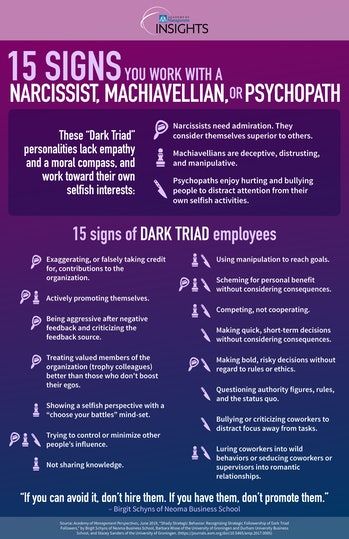 Ira has no children.
Ira has no children.
And Sonya is the rapist's daughter. Her mother's Tatar family kicked out the young girl for shame, inflicting a double trauma: a rape victim, she did not meet support and help, she was punished and expelled. Several times she tried to get rid of the pregnancy, then - from the child. Did not work out. Mother reconciled with Sonya, but she never learned to feel anything for her except anger. To the relief of both of them, mother and daughter no longer communicate. But Sonya still cannot stand the slightest discontent: she still seems to feel that she could be killed at any moment. Sonya's main goal is to protect herself and save her life.
The father can also inflict narcissistic injury. He can be detached, immersed in business, work, hobbies, alcohol or illness. The rejection of a child may not be direct: a father may demonstrate to his daughter or son the joy of their existence, a willingness to play or help, but it may simply be very little.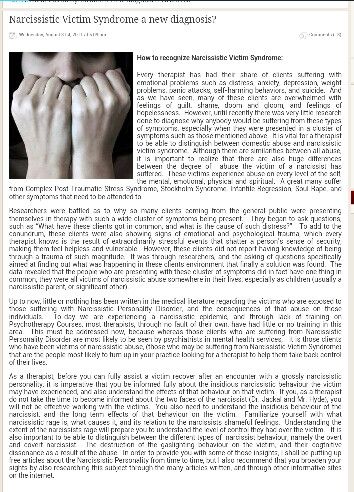 The child, with his magical thinking, interprets the constant physical or emotional absence of his father as a rejection, the cause of which is in himself. The detached mother also gives the child a narcissistic experience.
The child, with his magical thinking, interprets the constant physical or emotional absence of his father as a rejection, the cause of which is in himself. The detached mother also gives the child a narcissistic experience.
A child of the 1990s, Olya, has all her memories of her childhood - anxiety attacks for her absent mother and father. To earn money, dad sold meat, mom was a taxi driver, both returned home late. On TV and in the newspapers they talked about lawlessness. Olya spent every evening at the door to the apartment waiting for the sound of the elevator and did not understand why she was left alone and why taking care of her endangered the lives of her parents (as my mother said: “you need books for school and new clothes, so we dad should work). Olya, who has grown up, does not allow herself to be taken care of, does not recognize her weakness, and can do everything in the world herself. She cannot stand closeness and dependence on another person. She hates women for weakness, men for risk, the world for injustice.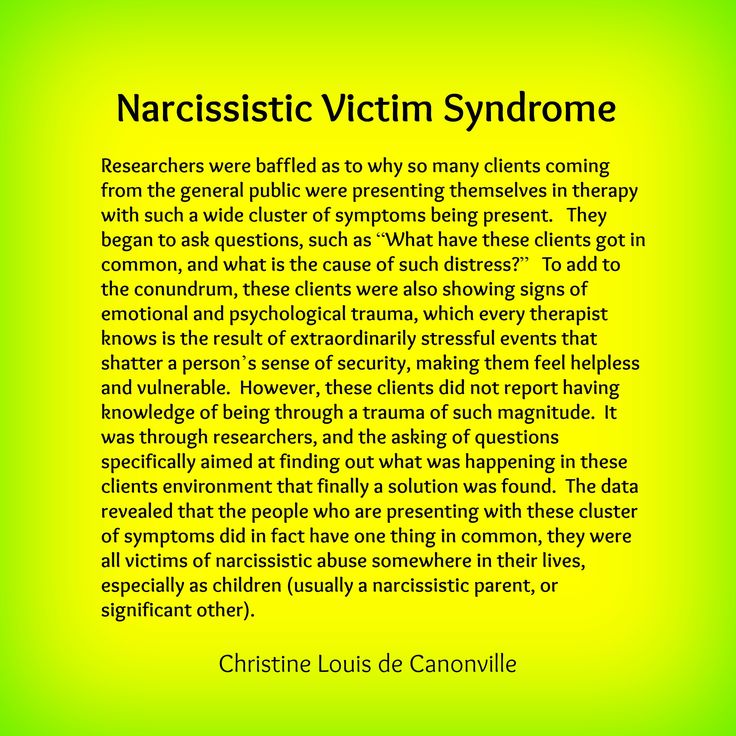
Our own feelings can also hurt us. On the way of our development, each of us meets a new world, for the knowledge of which an adult is needed: to tell the names of objects and their functions, to teach behavior that will ensure our safety, to orient in society. Everything is new to a newborn, and for the rest of our lives we will encounter something that is not in our experience. If there is someone nearby who can guide us, then this new thing can be made part of a safe world and learn how to use it.
A child's own inner world, the world of feelings and emotions, is also something absolutely new for a child. Faced with their emotional reactions, children do not know if this is normal or abnormal and what to do about it now. If an adult nearby is not ready to explain, console, regulate, then emotions become frightening and the psyche seeks to suppress them. For example, very often this happens with a sense of shame: instead of supporting and comforting, an adult increases shame.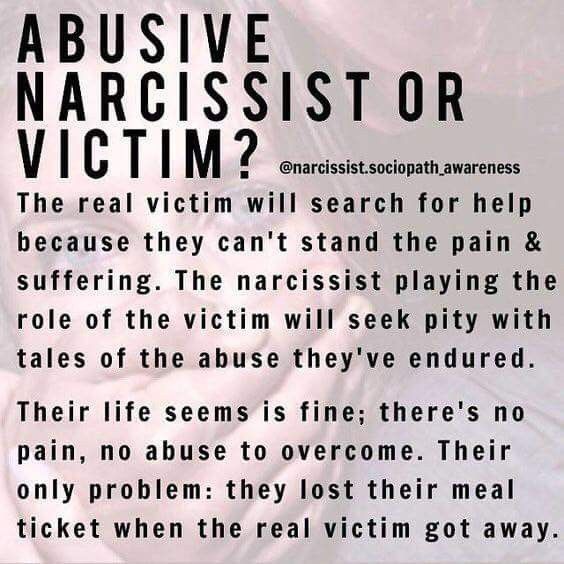 This is also a narcissistic injury: shame, which tells us that something is wrong with us, cannot be experienced and therefore is repressed, and we begin to make efforts to create a person who will be devoid of shame.
This is also a narcissistic injury: shame, which tells us that something is wrong with us, cannot be experienced and therefore is repressed, and we begin to make efforts to create a person who will be devoid of shame.
Colin's father left the family when his son was still small and did not communicate with Kolya anymore. The mother remained in a strong offense at her ex-husband, but he was inaccessible, and Kolya was within reach. The mother's need to repent and apologize to her led directly to the cultivation of shame in this family: the slightest mistake of the son was perceived by his mother as an opportunity to carry out educational measures, to make Kolya ashamed and thereby grow out of him a better person than he was. father. The measures, of course, had the opposite effect, and now Kolya is running around out of shame (and responsibility). The mother is disappointed, the father never showed up, and Kolya does not have the opportunity to become happier - too much effort is spent on maintaining the illusion that everything is already so good and he has nothing to be ashamed of.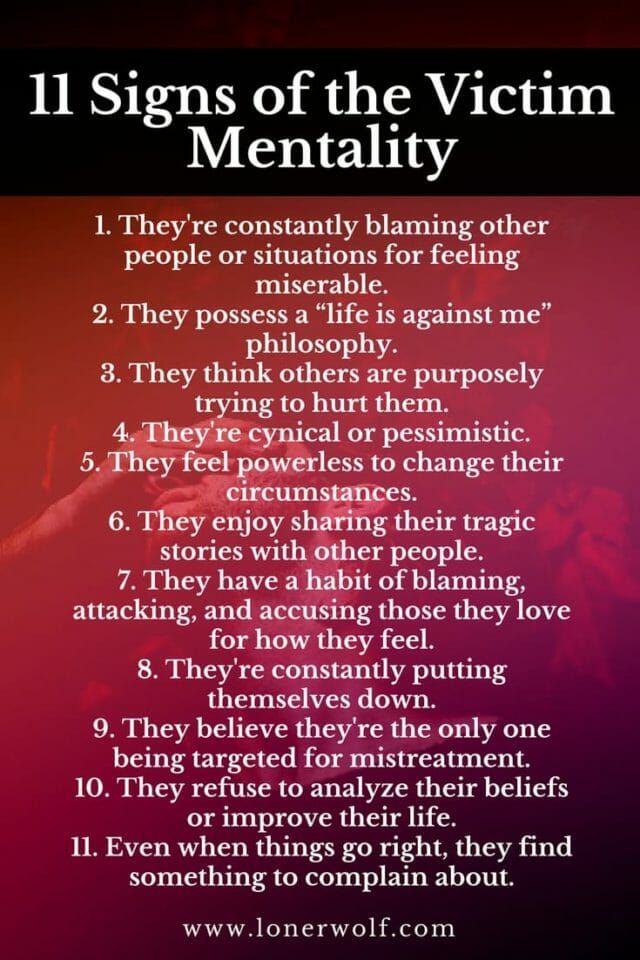
Not only the absence of love can injure, but also too much love. In families of single mothers, for example, it may seem to a woman that she no longer wants a relationship with a man: they are unsafe, painful. In this case, all unrealized excitement is placed in the child-parent relationship. The same thing happens when the marriage is not very successful and the mother or father chooses to build relationships with children, and not with each other.
Then the child becomes the concentration of adult hopes for an ideal partner. He must please the parent, not argue with him, not anger or upset, always be available for the needs of an adult, must admire him, must first of all want to spend time with him. Such love is violent. It denies the right of the child to feelings and needs that are unbearable for the parent.
Masha, for example, must be in love with her dad. Mom left the family when her daughter was already thirteen. Rather, the parents divorced, and the teenager was offered to choose with whom to live.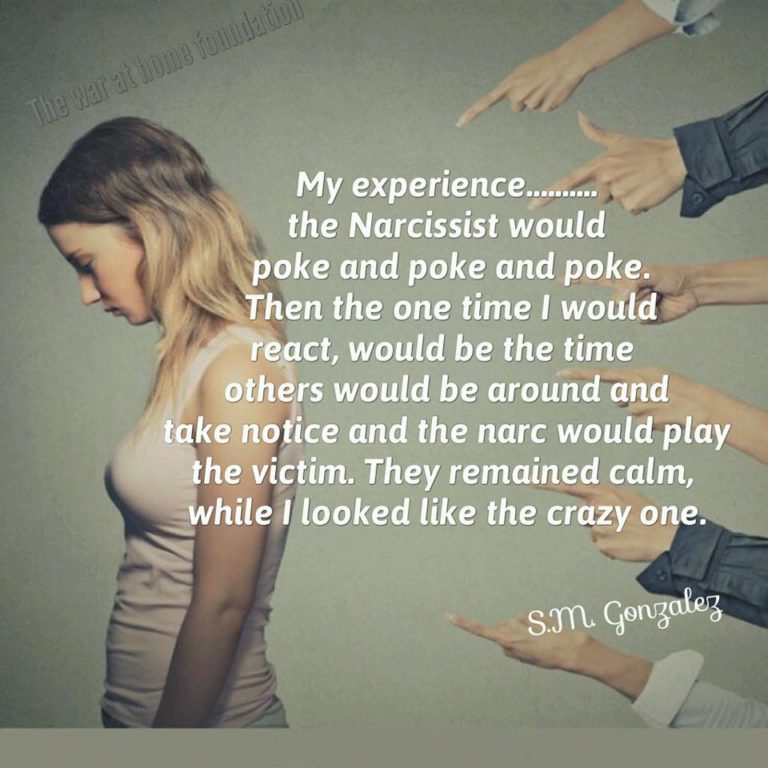 Masha chose her father - either out of pity, or because there was already a special relationship between them at that time, in which there was no place for the mother. For many years they lived together, and now, when Masha has her own family and two daughters, she buys him an apartment nearby so that dad can help her with the children. Dad has no life of his own. Masha, in general, too. She has no right to even think about it, even to admit that she wants to spend time alone with her family. For this reason, Masha is distant from her husband and children, but to understand this means to jeopardize relations with her father, so Masha accuses her husband of coldness and other family problems. This confused woman is tormented by the need to choose a father, wants closeness with her husband and children, but the choice has already been made. She can only devalue her real partner and consider dad the main source of happiness, so that at least this choice is justified.
Masha chose her father - either out of pity, or because there was already a special relationship between them at that time, in which there was no place for the mother. For many years they lived together, and now, when Masha has her own family and two daughters, she buys him an apartment nearby so that dad can help her with the children. Dad has no life of his own. Masha, in general, too. She has no right to even think about it, even to admit that she wants to spend time alone with her family. For this reason, Masha is distant from her husband and children, but to understand this means to jeopardize relations with her father, so Masha accuses her husband of coldness and other family problems. This confused woman is tormented by the need to choose a father, wants closeness with her husband and children, but the choice has already been made. She can only devalue her real partner and consider dad the main source of happiness, so that at least this choice is justified.
Children with a protracted difficult life situation in childhood may also develop narcissistic traits as a defense that helps them survive in poor conditions.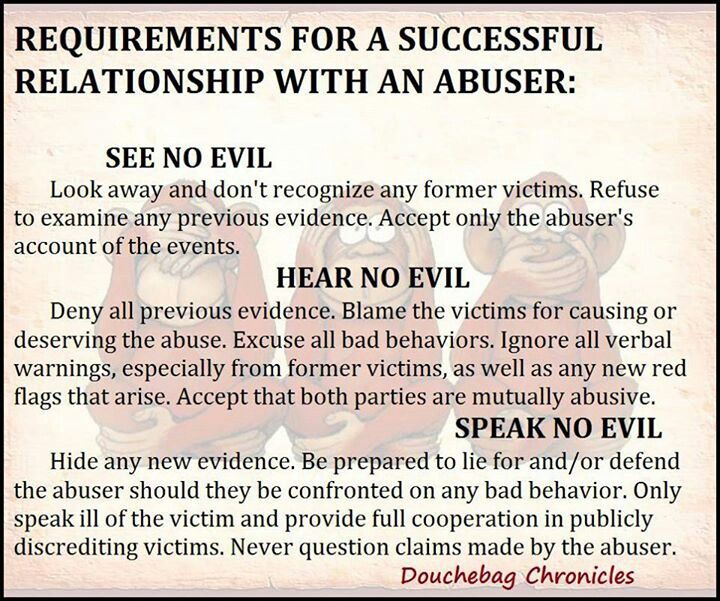 For example, if the parents are constantly quarreling and the situation is close to divorce, the child may take full responsibility for what is happening. This is also narcissism.
For example, if the parents are constantly quarreling and the situation is close to divorce, the child may take full responsibility for what is happening. This is also narcissism.
Every child has a magical thinking based on his feeling that he is the center of the world. When relations between parents are bad or complicated by a situation that adults cannot cope with (lack of money, illness, failure, depression), then it is the child who may feel obliged to resolve it. He cannot do anything real, but he can use magical thinking, inventing peculiar “deals” with reality. If I study well, my mother will get better. If my father comes home today, then I will behave myself and never say a bad word to him again. If I only wear this dress, then everything will be fine.
Sometimes God is present as the second side in such ideas, but not necessarily. Cause-and-effect relationships invented by the child, in which the behavior of adults depends on his behavior, help him feel the illusion of control, perform the function of self-soothing when adults are not able to take care of him.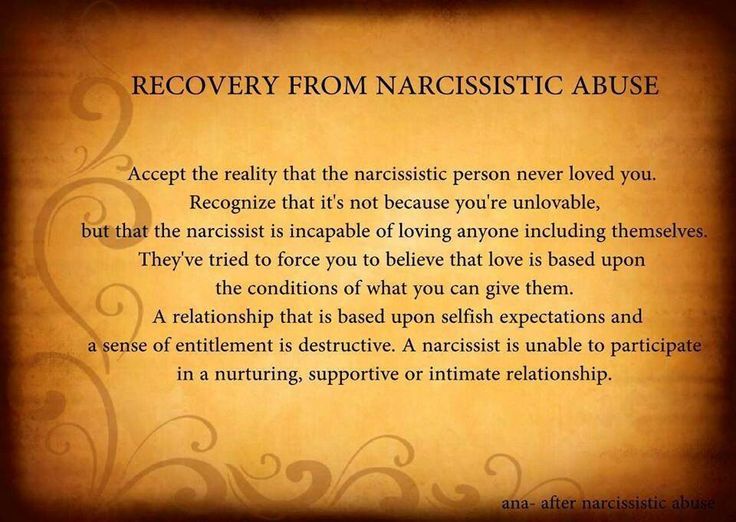 Normally, the ability to take care of oneself is a good quality, but here it is tied to the idea of grandiosity, hyper-responsibility. When the child grows up and the situation in which this perception developed disappears, the patterns remain. Often, adult manipulative strategies are added to them, and the very reason - the perception of the world as fragile and completely dependent on behavior - goes deep into the unconscious.
Normally, the ability to take care of oneself is a good quality, but here it is tied to the idea of grandiosity, hyper-responsibility. When the child grows up and the situation in which this perception developed disappears, the patterns remain. Often, adult manipulative strategies are added to them, and the very reason - the perception of the world as fragile and completely dependent on behavior - goes deep into the unconscious.
Yulia, who survived the divorce of her parents, cannot bear most of the feelings of the people around her. She feels bad if someone nearby is upset, angry, sad, offended, disappointed, in despair. It seems to Yulia that these feelings will surely lead to a catastrophe, to the breakdown of relations. Therefore, she does her best to make people close to her happy - or rather, demonstrate happiness to her, because in fact it is impossible to be happy all the time. She is persistent in this to the point of violence, forbidding her family from any negative experiences.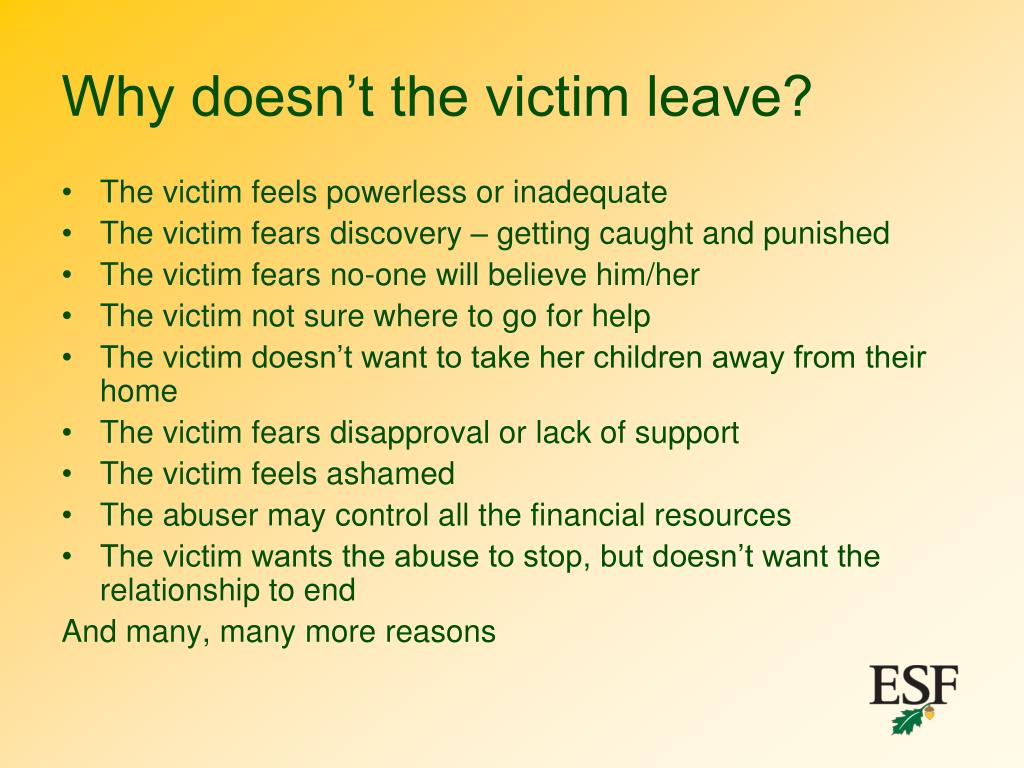 She has a wide range of tricks, from introjections about positive thinking to manipulation of her health and outright aggression. For example, for the sake of her husband, who was depressed by failure at work, Yulia launched a whole campaign. At first, she organized a joint vacation for him in a sanatorium, where she constantly attracted him to recreational activities. Then she dragged him to a lecture by a famous lecturer, where they talked about how bad thoughts attract bad events. For days on end, Julia chirped, laughed, invited her husband to dance or paint, and when he finally broke down, she fell ill from frustration. Her husband, not amused by her activity, nevertheless portrayed elation for her out of guilt. At the same time, Yulia considers him ungrateful, incapable of emotions and empathy, possibly a psychopath.
She has a wide range of tricks, from introjections about positive thinking to manipulation of her health and outright aggression. For example, for the sake of her husband, who was depressed by failure at work, Yulia launched a whole campaign. At first, she organized a joint vacation for him in a sanatorium, where she constantly attracted him to recreational activities. Then she dragged him to a lecture by a famous lecturer, where they talked about how bad thoughts attract bad events. For days on end, Julia chirped, laughed, invited her husband to dance or paint, and when he finally broke down, she fell ill from frustration. Her husband, not amused by her activity, nevertheless portrayed elation for her out of guilt. At the same time, Yulia considers him ungrateful, incapable of emotions and empathy, possibly a psychopath.
Narcissism, which is based on the distortion of reality, also develops in children of rapists, people with mental disorders, addicts, terminally ill people. The same is typical for those who found themselves in a difficult life situation: they ended up in an orphanage, in the epicenter of hostilities. The reality in this case is too complicated and painful. For children, in principle, it is typical to go into fantasies, which help to survive difficult moments with little or no harm to the psyche. But if there is shame in this reality, then fantasies can take on a hypercompensating character, helping the child to suppress this experience.
The same is typical for those who found themselves in a difficult life situation: they ended up in an orphanage, in the epicenter of hostilities. The reality in this case is too complicated and painful. For children, in principle, it is typical to go into fantasies, which help to survive difficult moments with little or no harm to the psyche. But if there is shame in this reality, then fantasies can take on a hypercompensating character, helping the child to suppress this experience.
These may be revenge fantasies, innocence fantasies, superpower fantasies. Children fantasize about being able to fly, that they can shoot laser beams out of their eyes, or that they can run the fastest. The modern culture of superheroes provides a lot of food for such fantasies, the main thing in which is the invulnerability of the hero to his offenders and the ability to create retribution with impunity for those who offend the small and weak. True, it happens that already in childhood, in an invented image, there are no traits of generosity and concern for the weak, but there is only a function of aggression and destruction.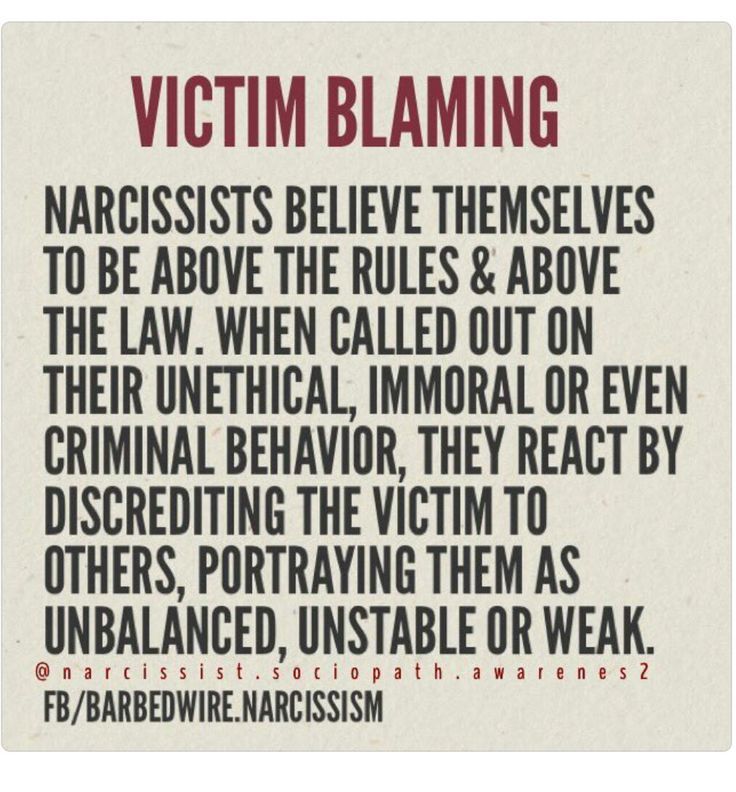
As they grow older, these fantasies become less and less harmless and can turn, for example, into fantasizing about oneself as a superman, a genius, about someone who is destined to play a big role in world history. Often this serves as an excuse for aggressiveness and inappropriate behavior. Often a grandiose idea contains an element of mediation: then a person is not God, but the voice of God, the one who hears his voice and is called to inform others about it. Prophets, assistants to sect leaders, religious fanatics are people often raped or traumatized in childhood, who are thus freed from the aggression accumulated in a painful childhood. In this case, material gain is not so important (unlike the same psychopaths, for whom this issue is paramount).
Such ideas always contain aggression. Even if this is the idea of a Savior, he is with a fiery sword.
Sasha is a man of the world, he lives in India, Nepal, Vietnam, Laos. A strict vegan yoga practitioner, he has been celibate for the past twenty years.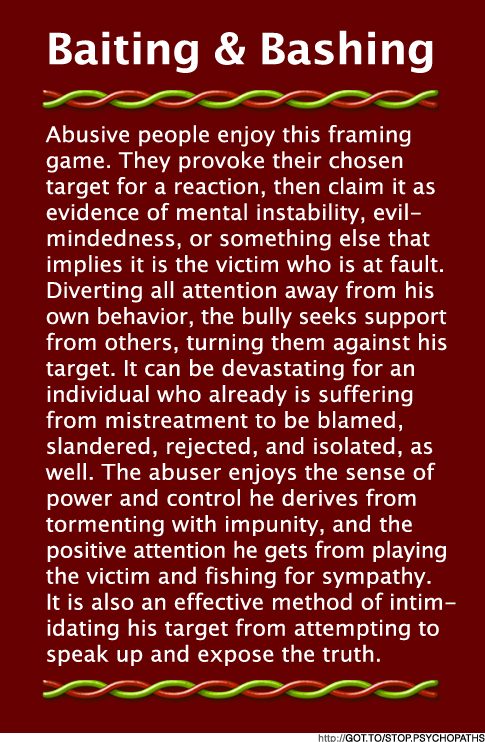 For his students and followers, this is part of the purification practice. In fact, Sasha has the intention to conceive a divine being, for which he needs another ten years to live in austerity. He is already choosing a mother for his divine son, creating around him an environment of young and beautiful women who provide for and serve him. He does not have sex with them, but exploits them to the fullest. They all live together and do practices together; these women are forbidden to be with other partners. If one of the women leaves this camp, then the point is in her: of course, she could not stand the temptation of the worldly and now she is not worthy even to call the name of the Teacher aloud (by the way, he promises them all that even for bad thoughts about him they will be karmically punished ). Sasha lives according to the one-sided principle “an eye for an eye”: that is, he does not owe anything to anyone, because he is holy, and the offender must pay for the evil in his direction.
For his students and followers, this is part of the purification practice. In fact, Sasha has the intention to conceive a divine being, for which he needs another ten years to live in austerity. He is already choosing a mother for his divine son, creating around him an environment of young and beautiful women who provide for and serve him. He does not have sex with them, but exploits them to the fullest. They all live together and do practices together; these women are forbidden to be with other partners. If one of the women leaves this camp, then the point is in her: of course, she could not stand the temptation of the worldly and now she is not worthy even to call the name of the Teacher aloud (by the way, he promises them all that even for bad thoughts about him they will be karmically punished ). Sasha lives according to the one-sided principle “an eye for an eye”: that is, he does not owe anything to anyone, because he is holy, and the offender must pay for the evil in his direction.
Learn more
